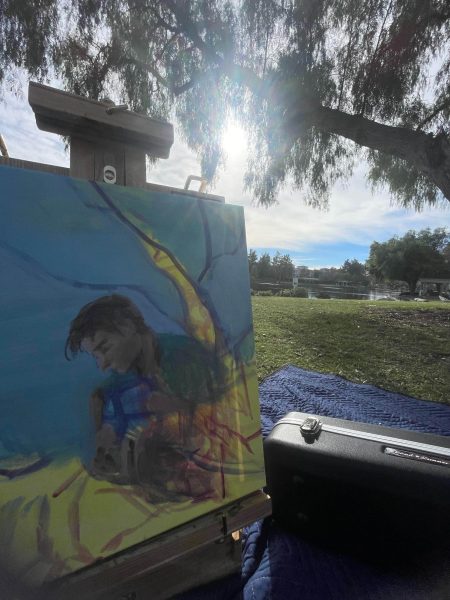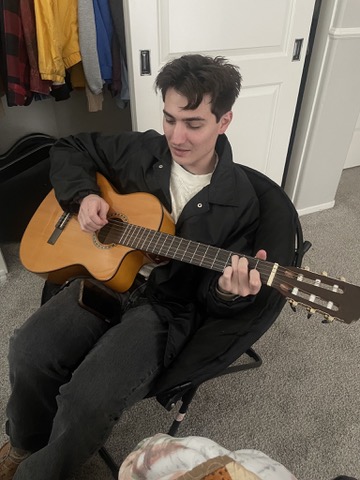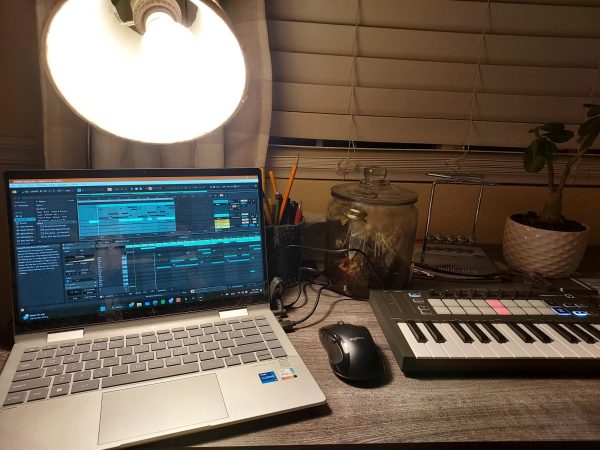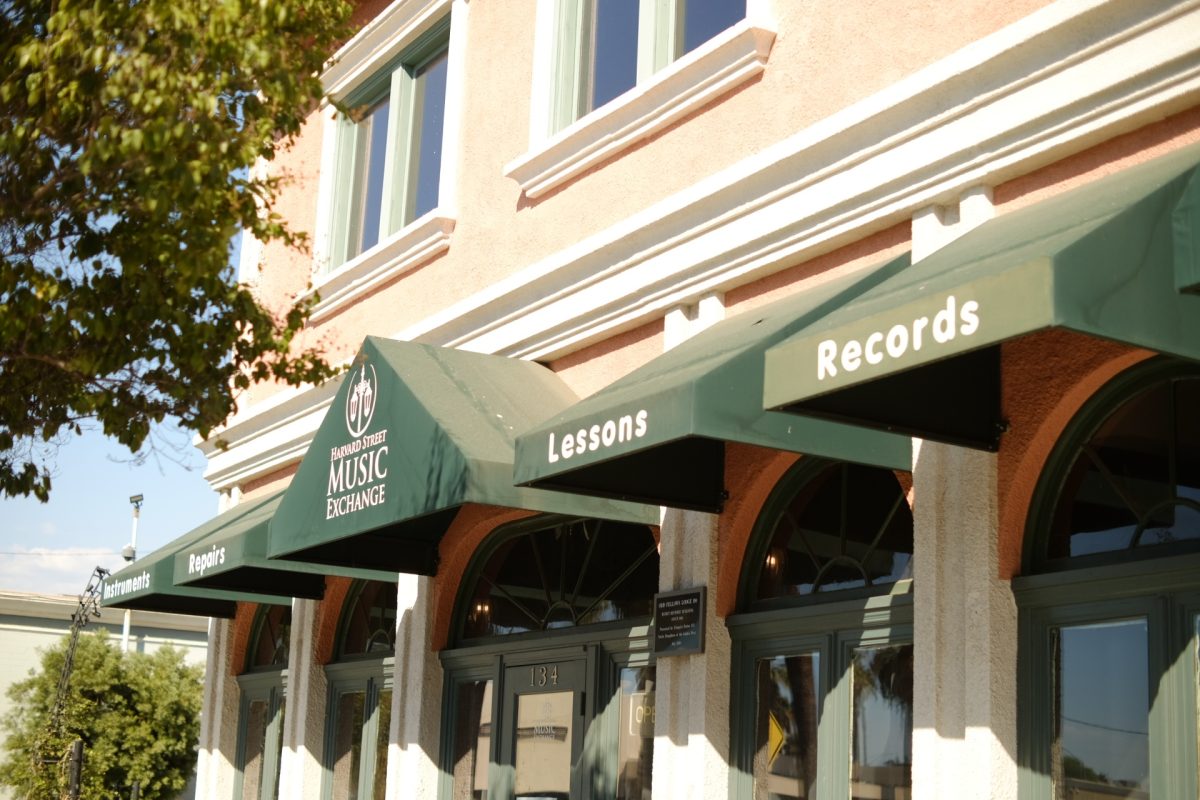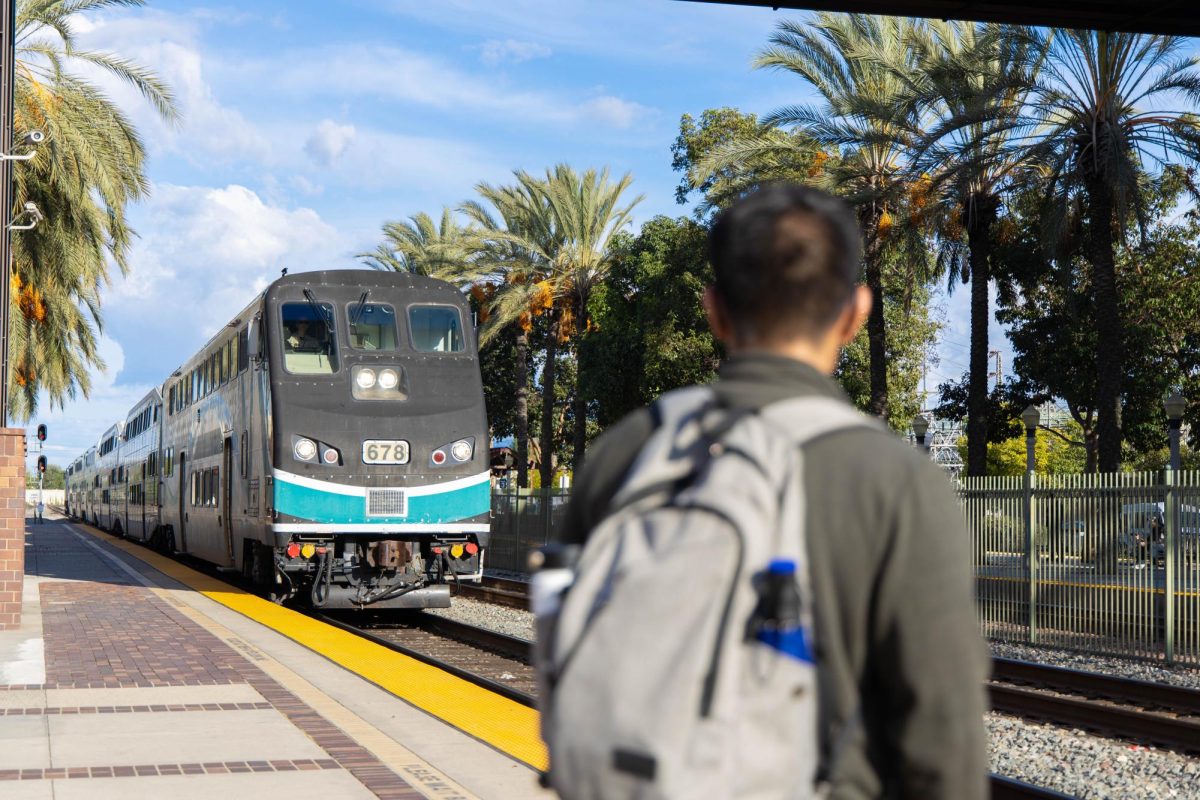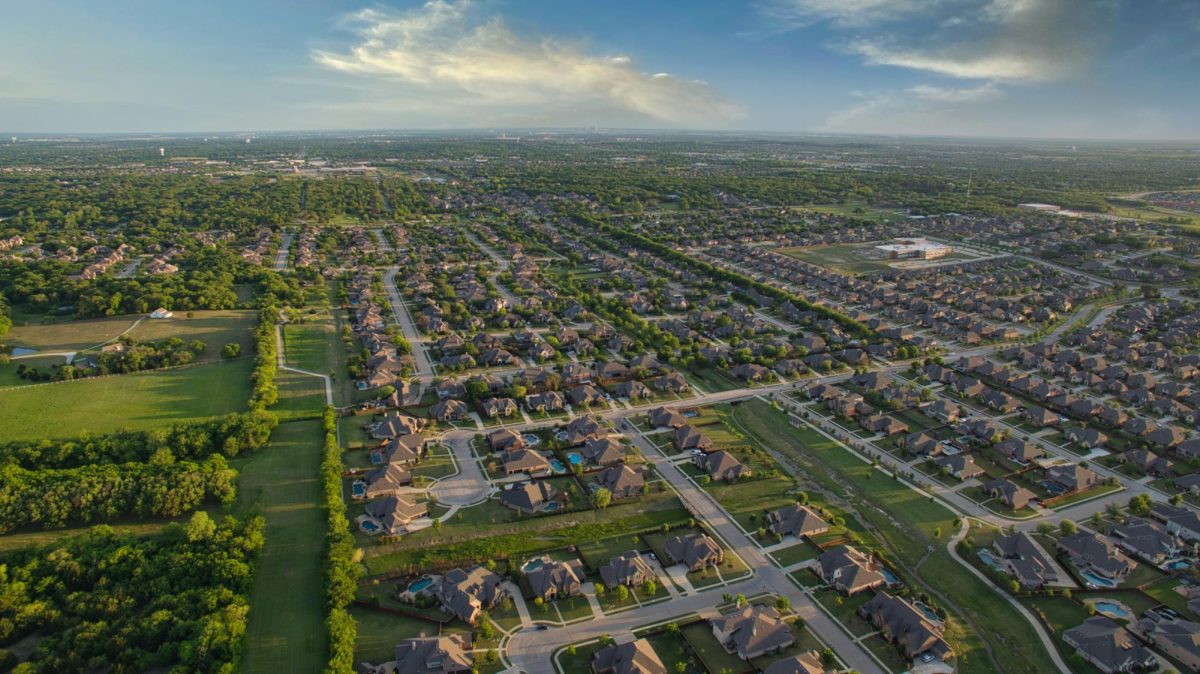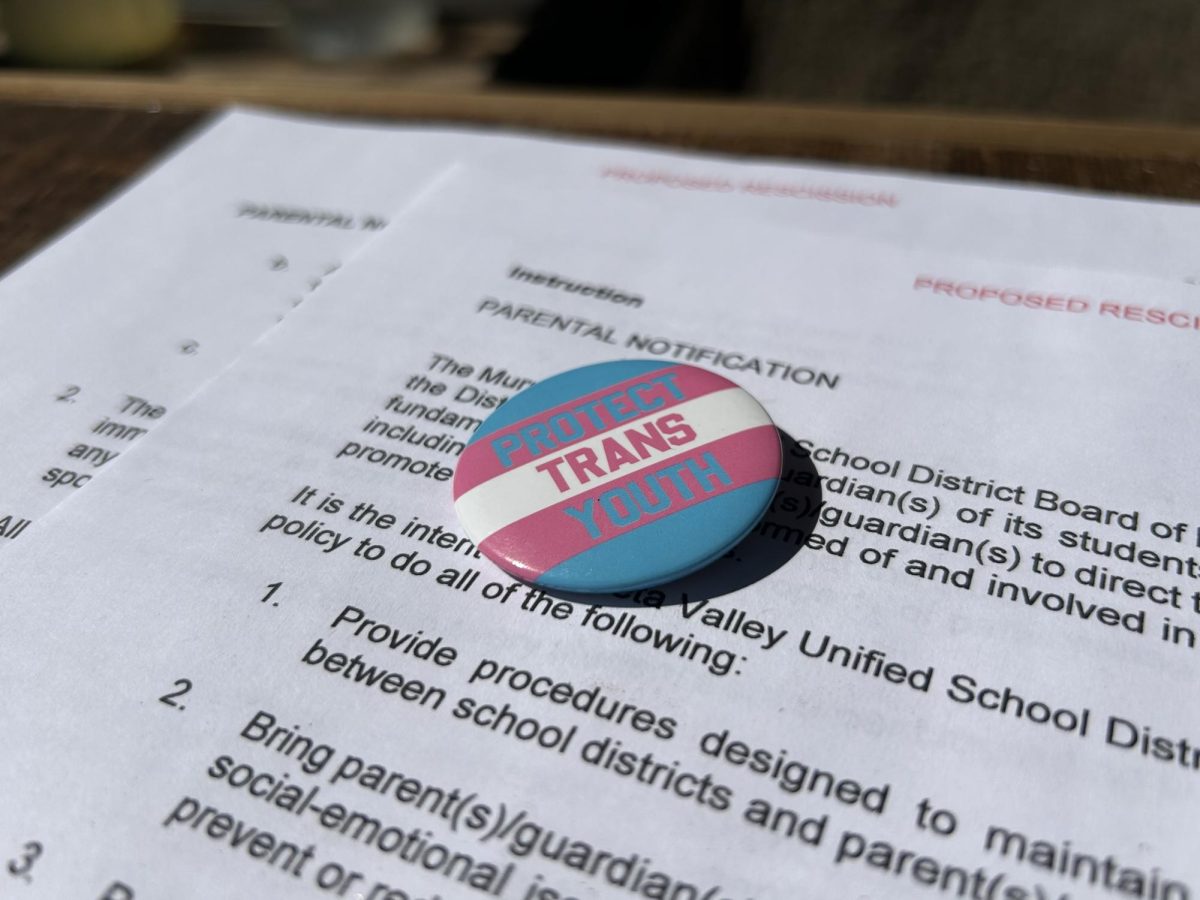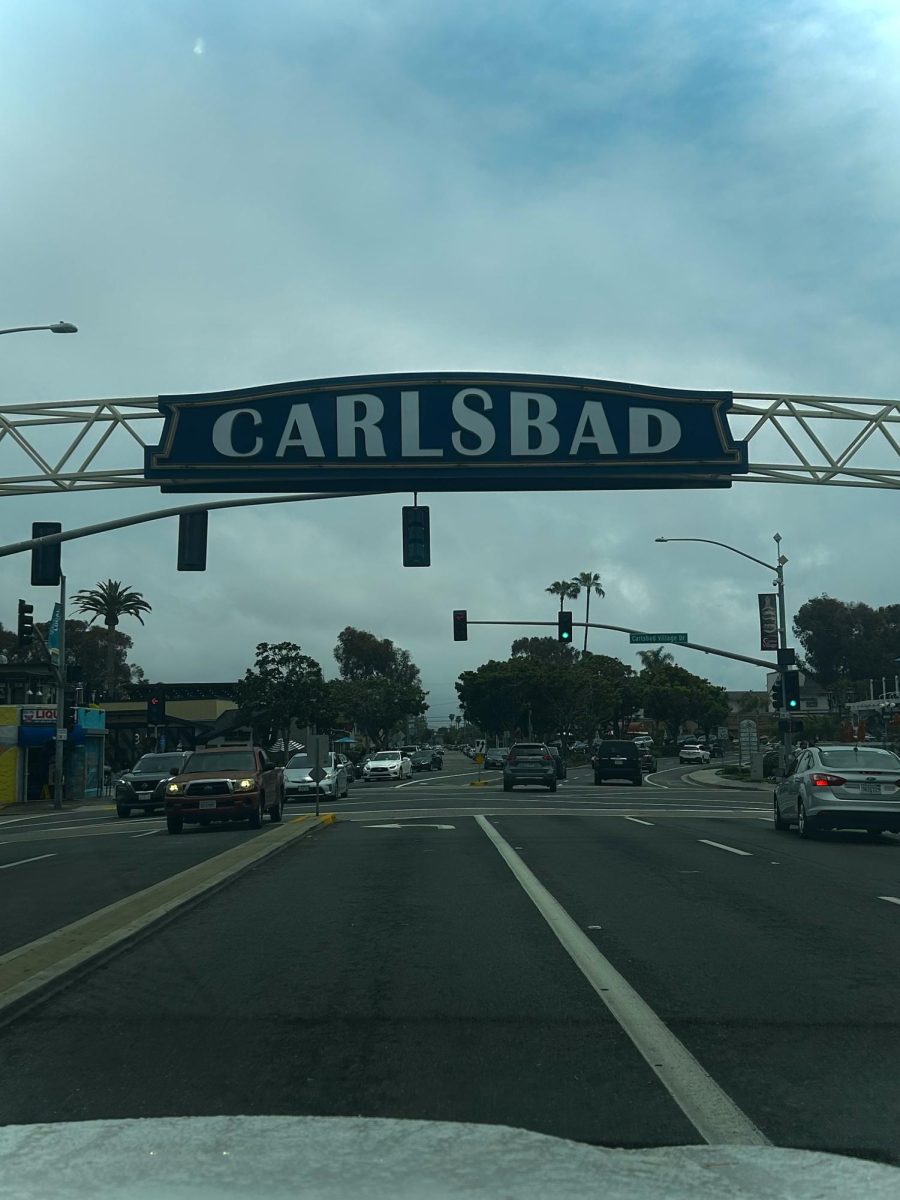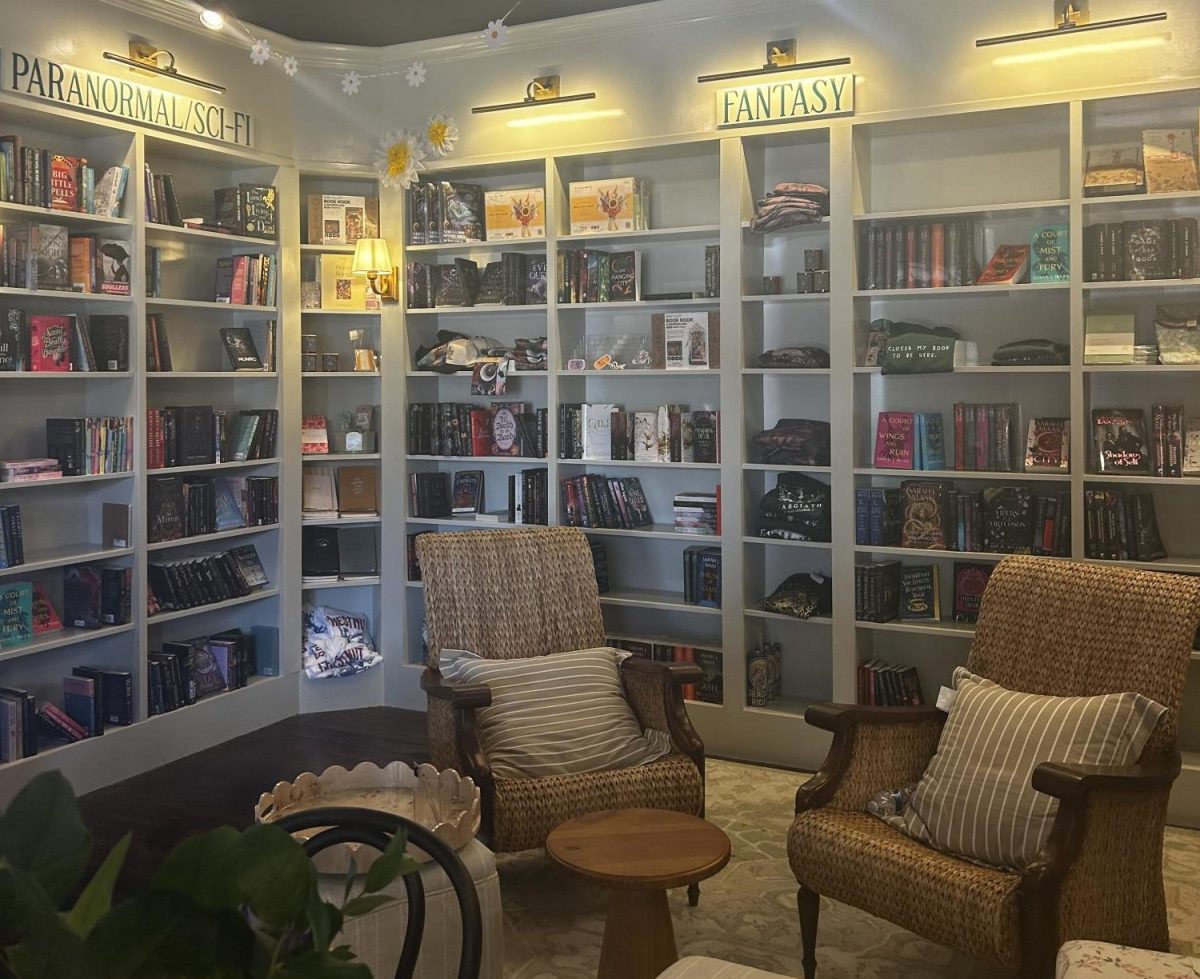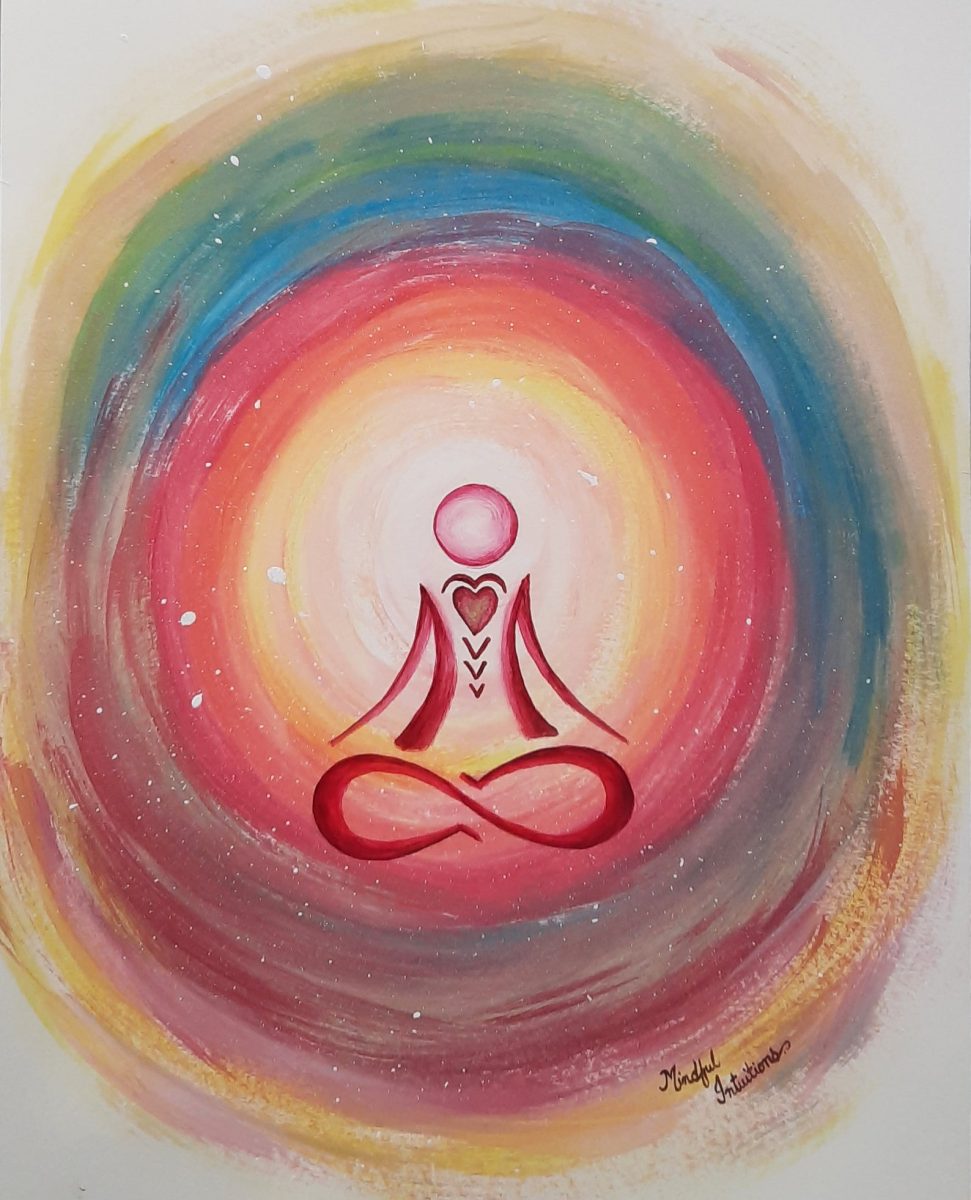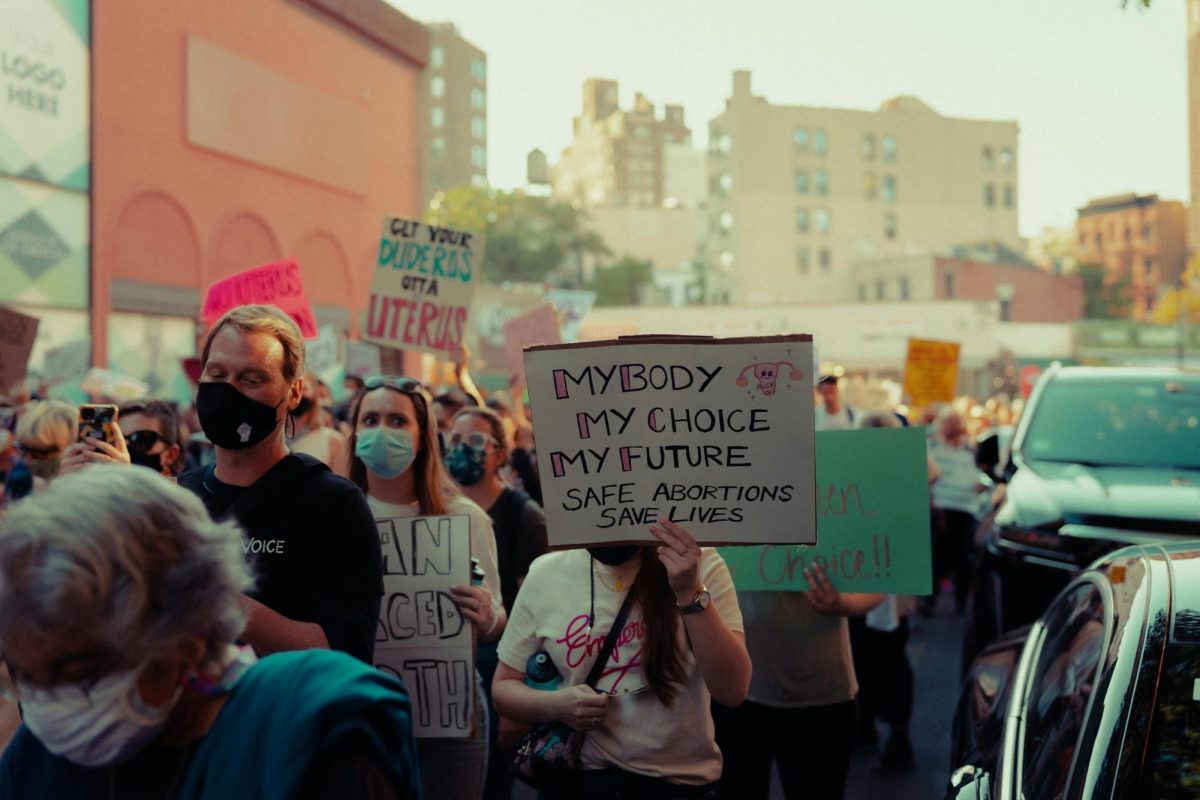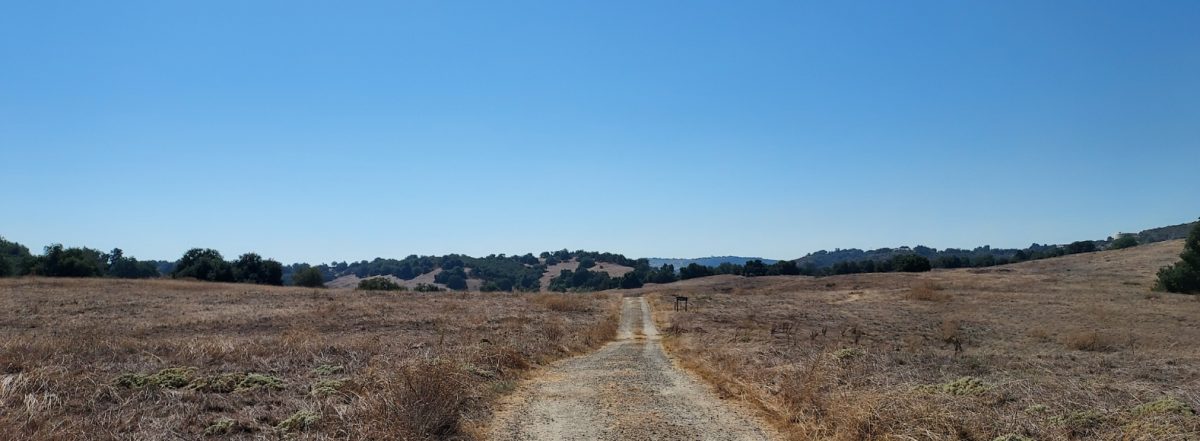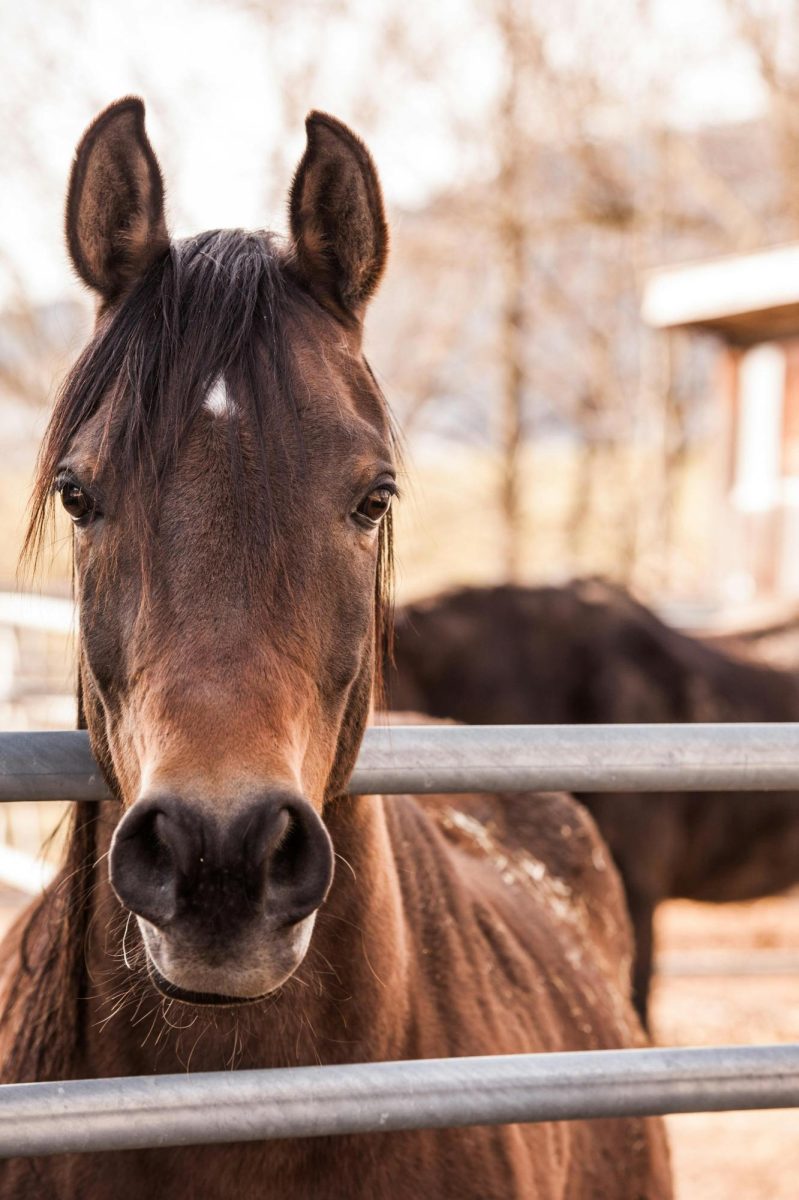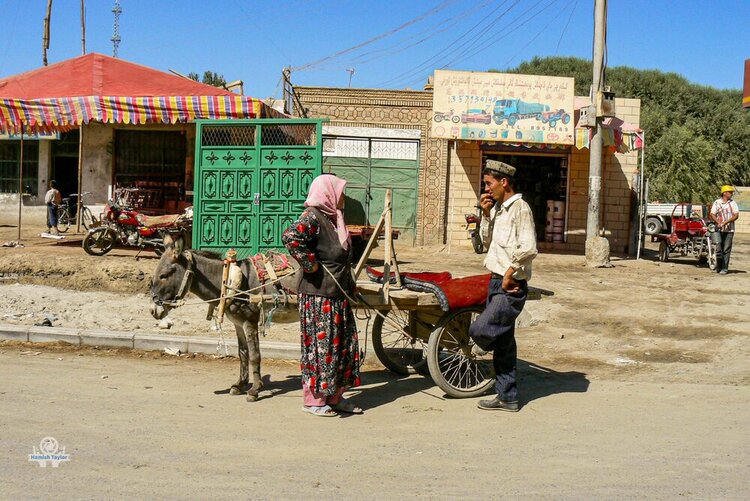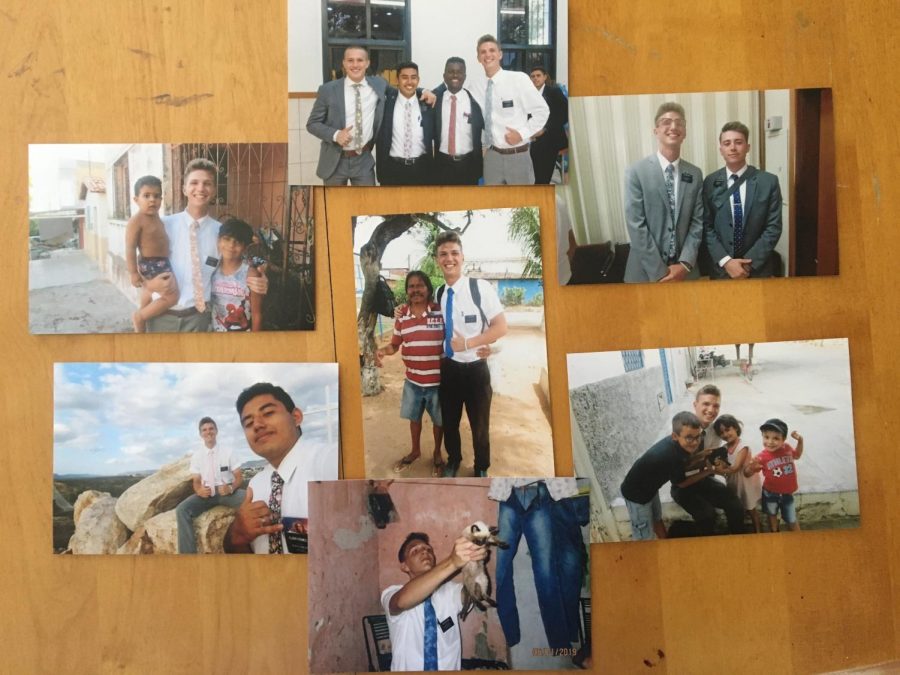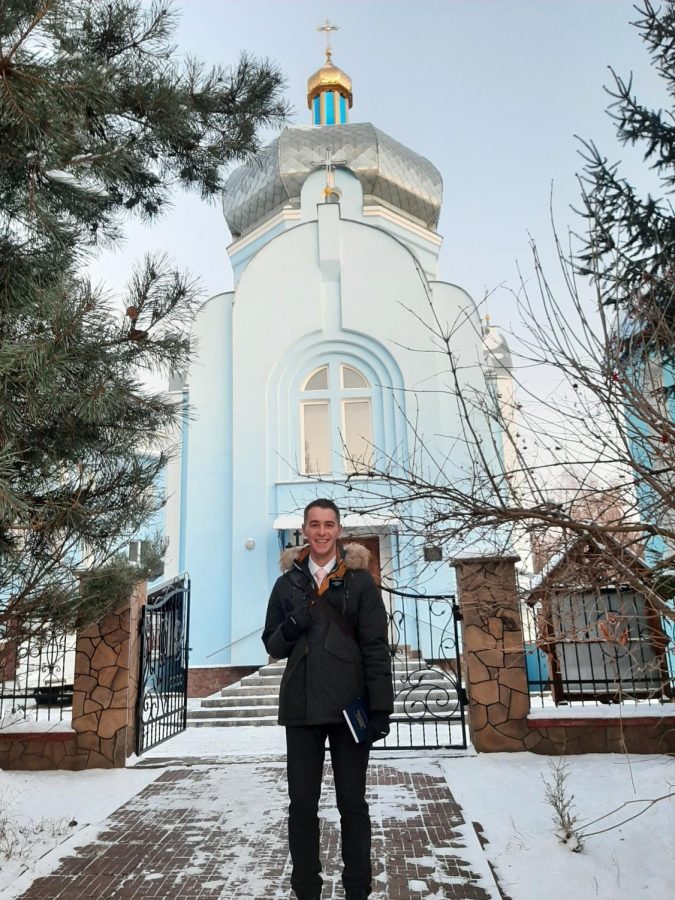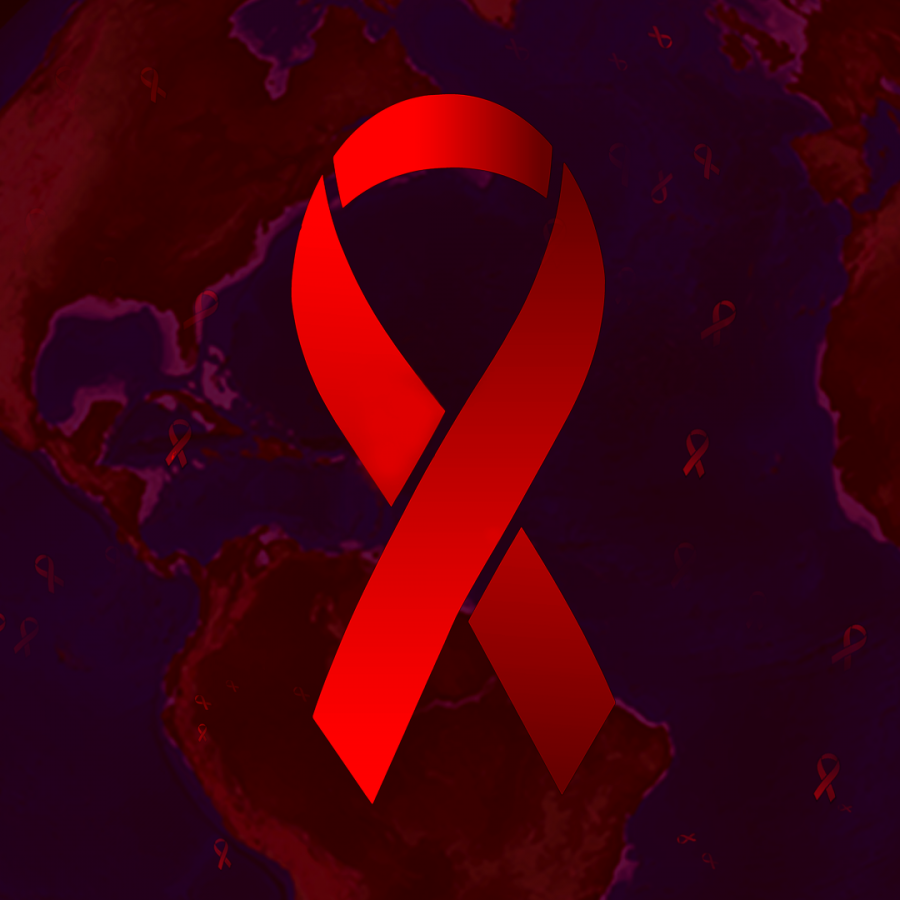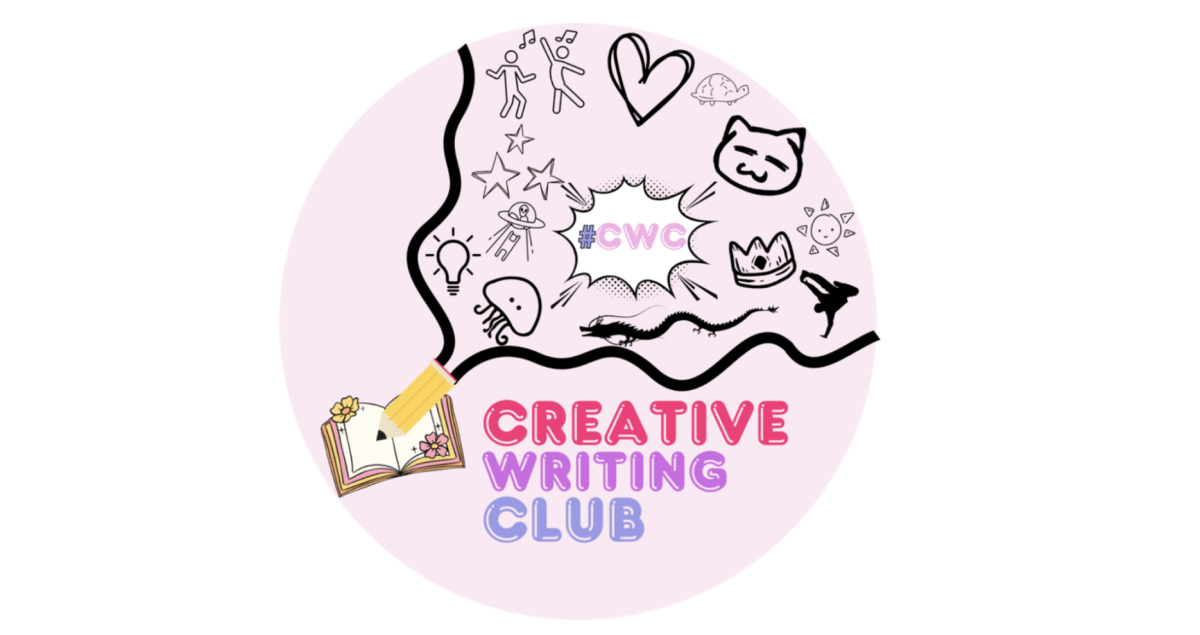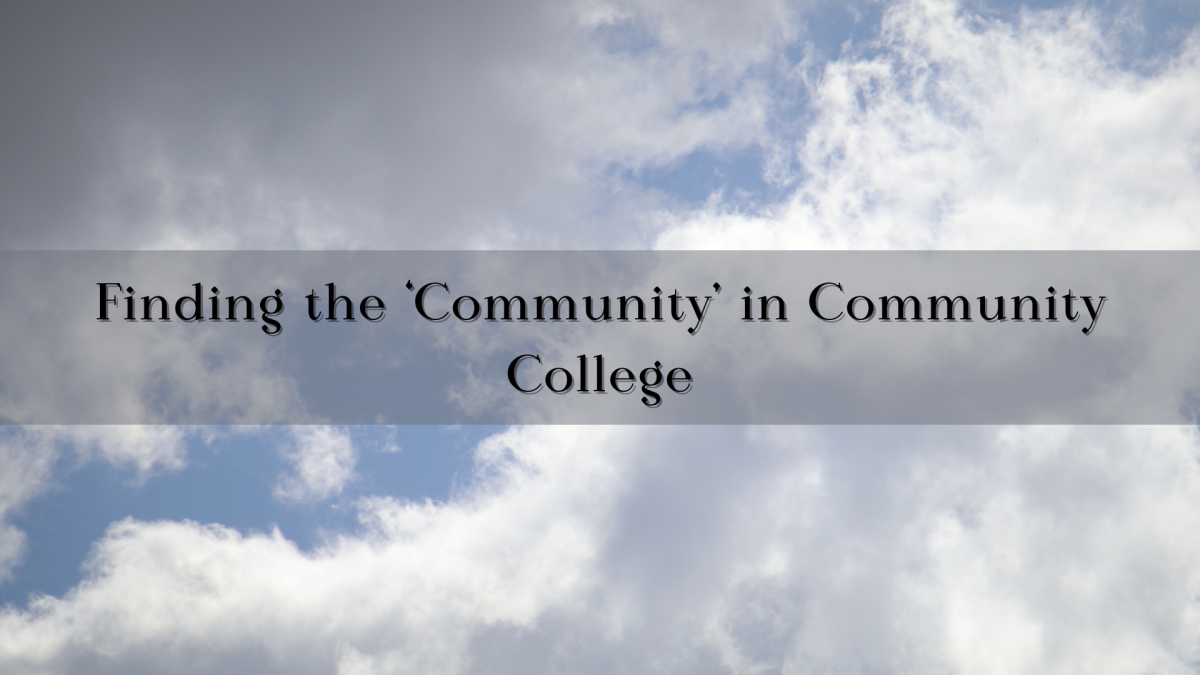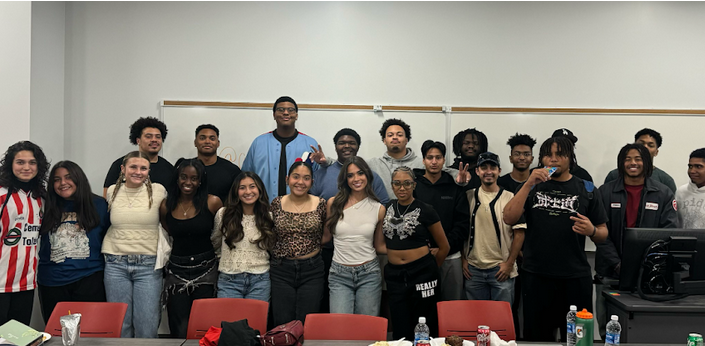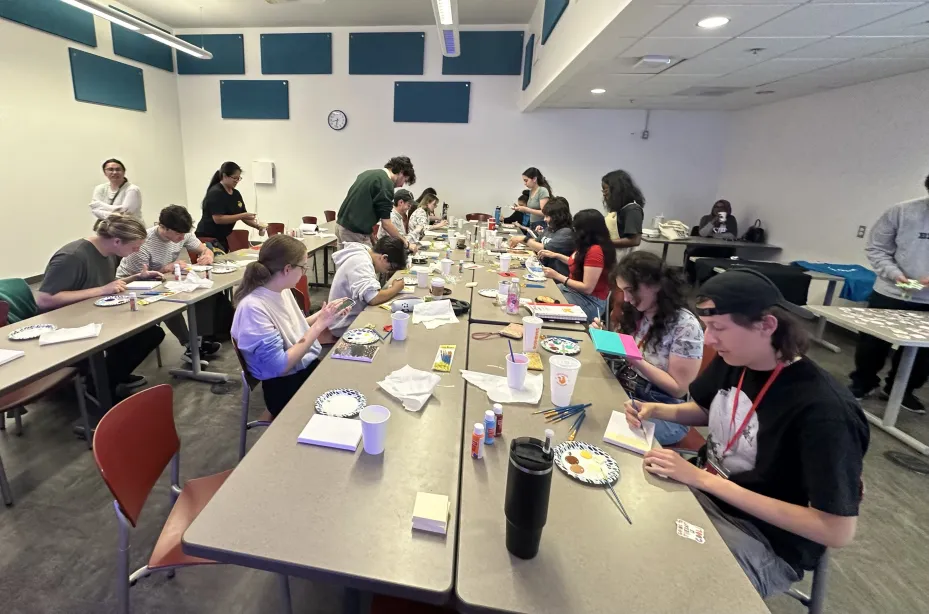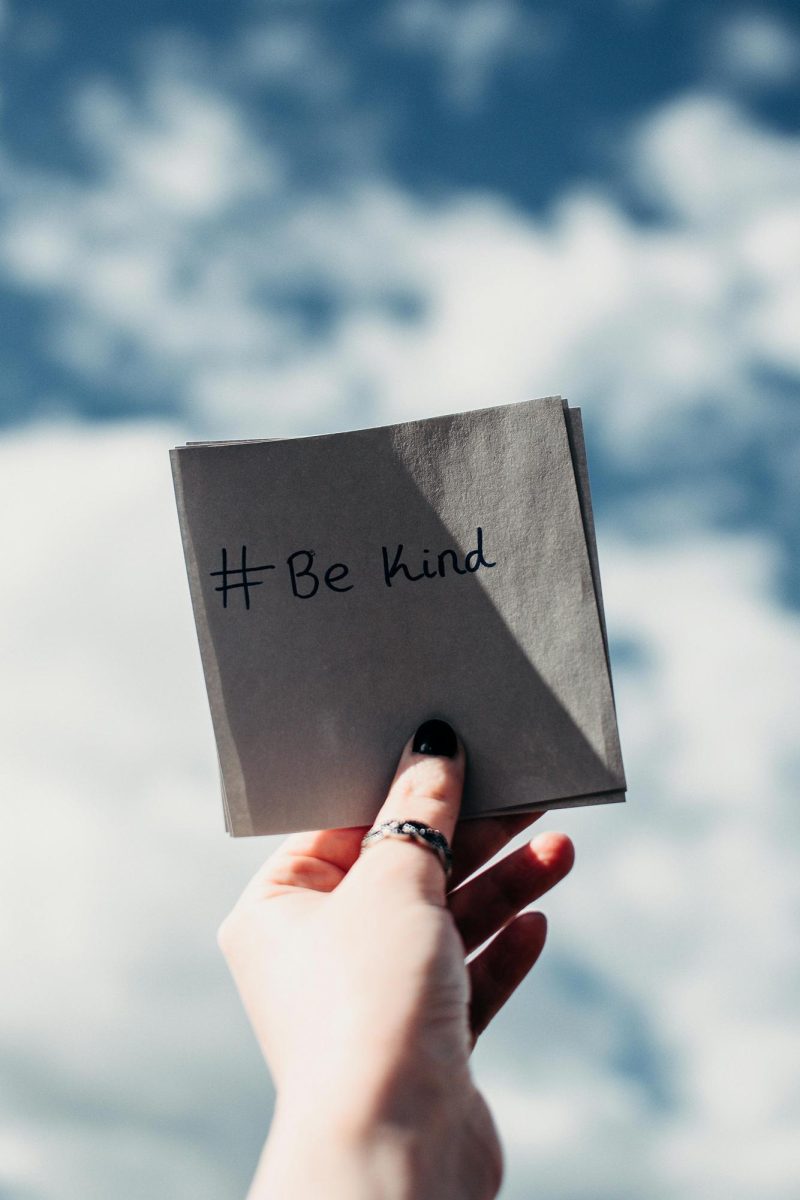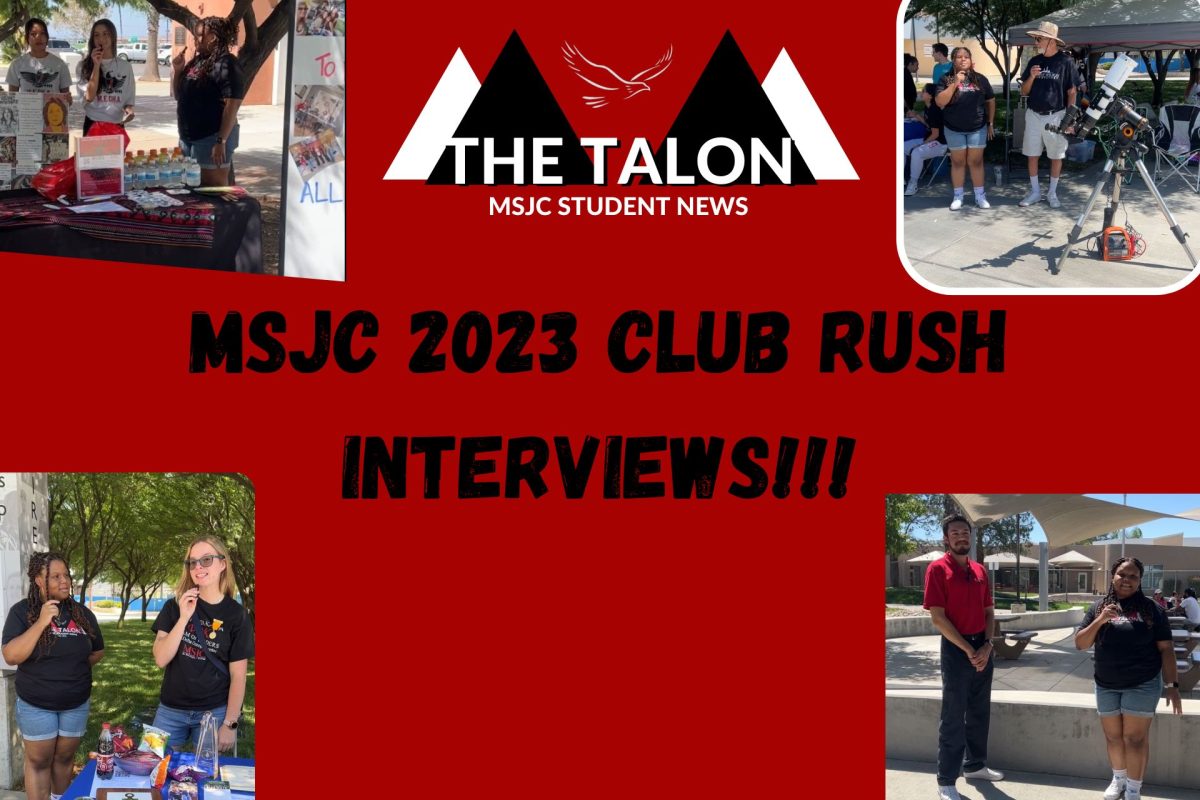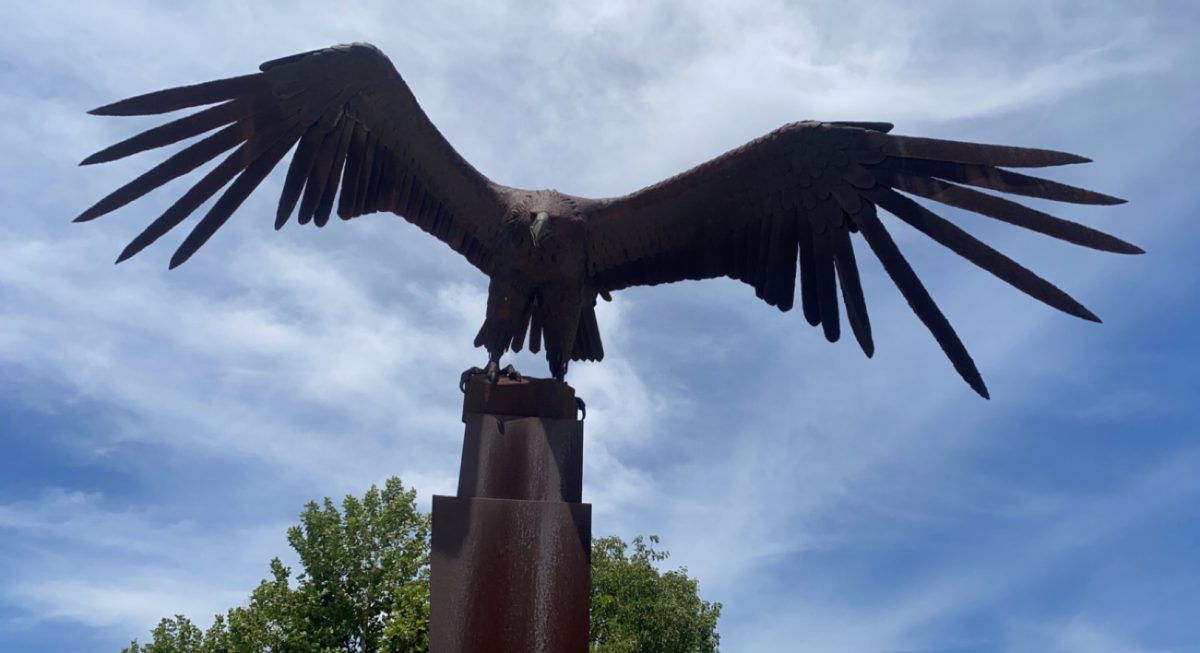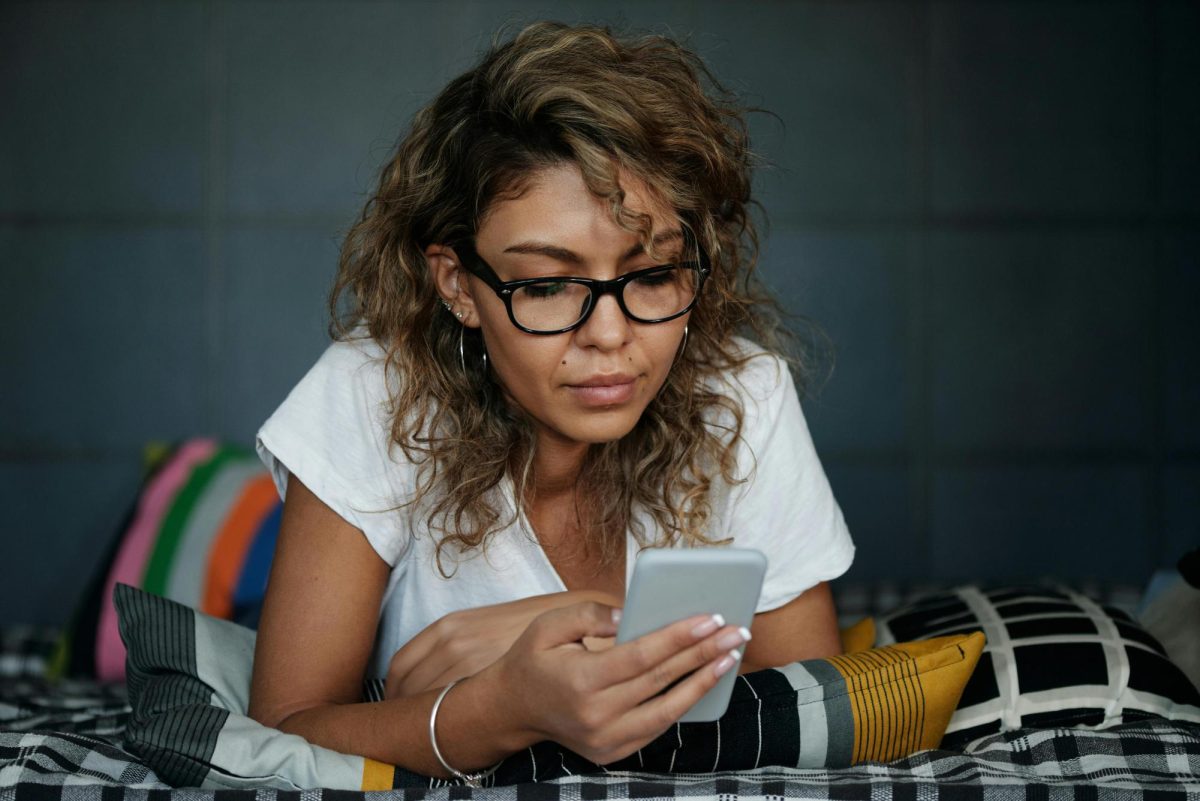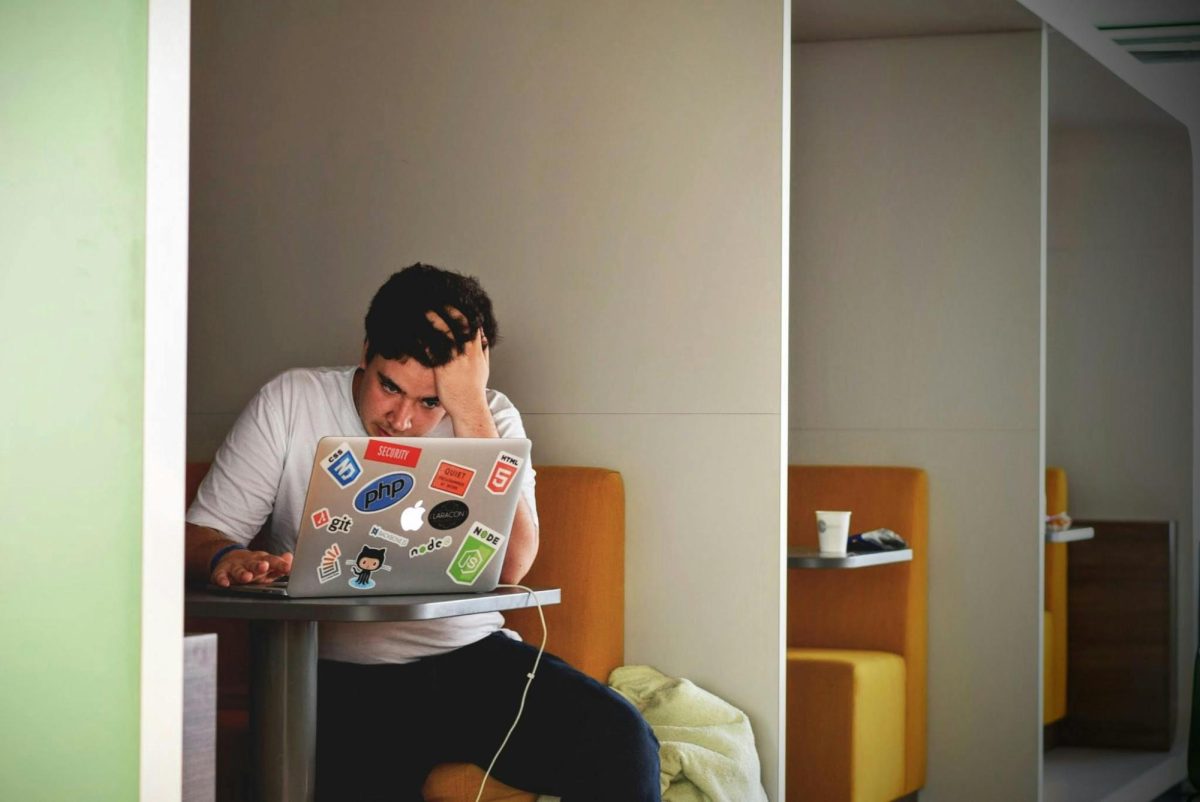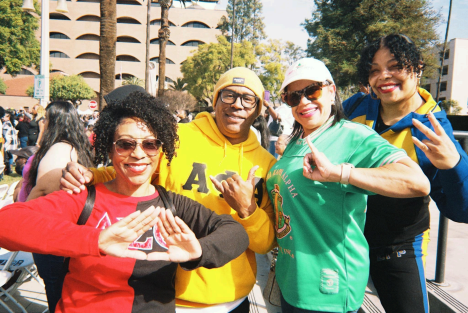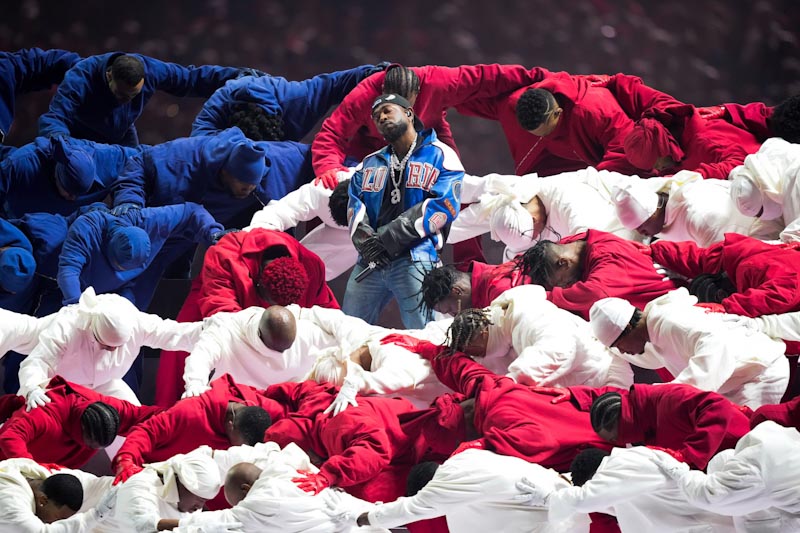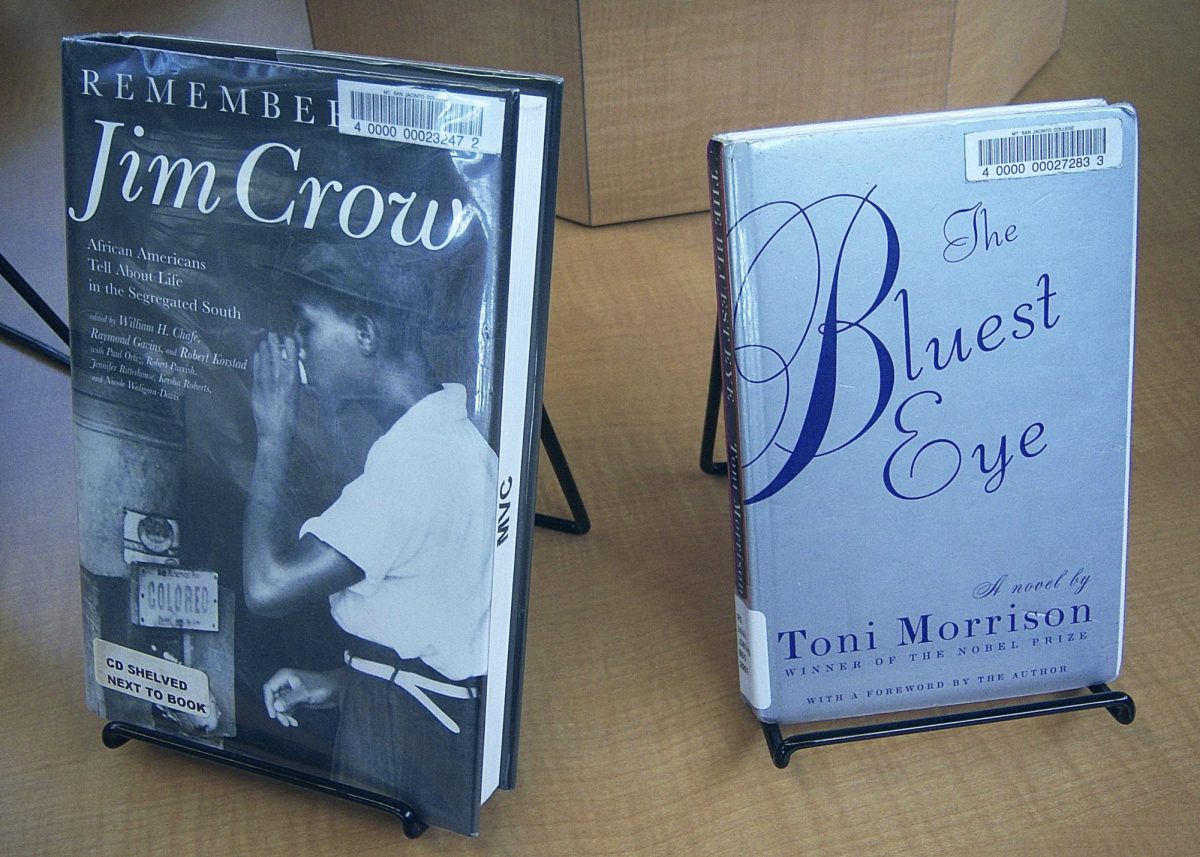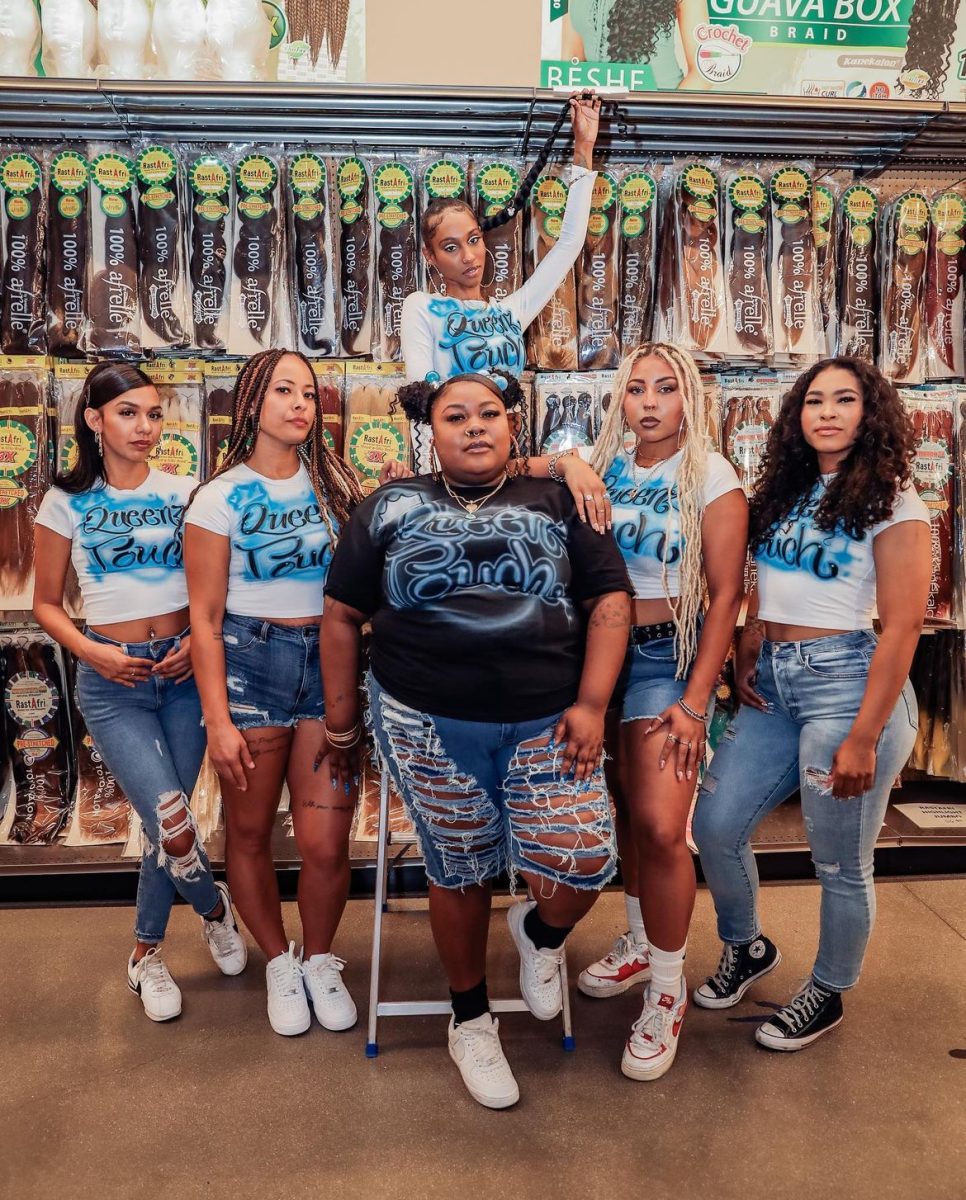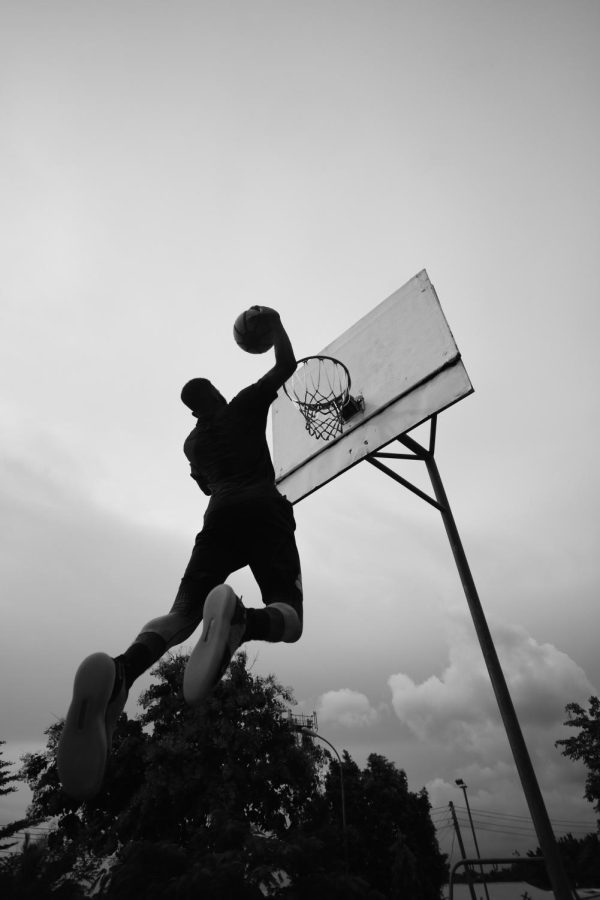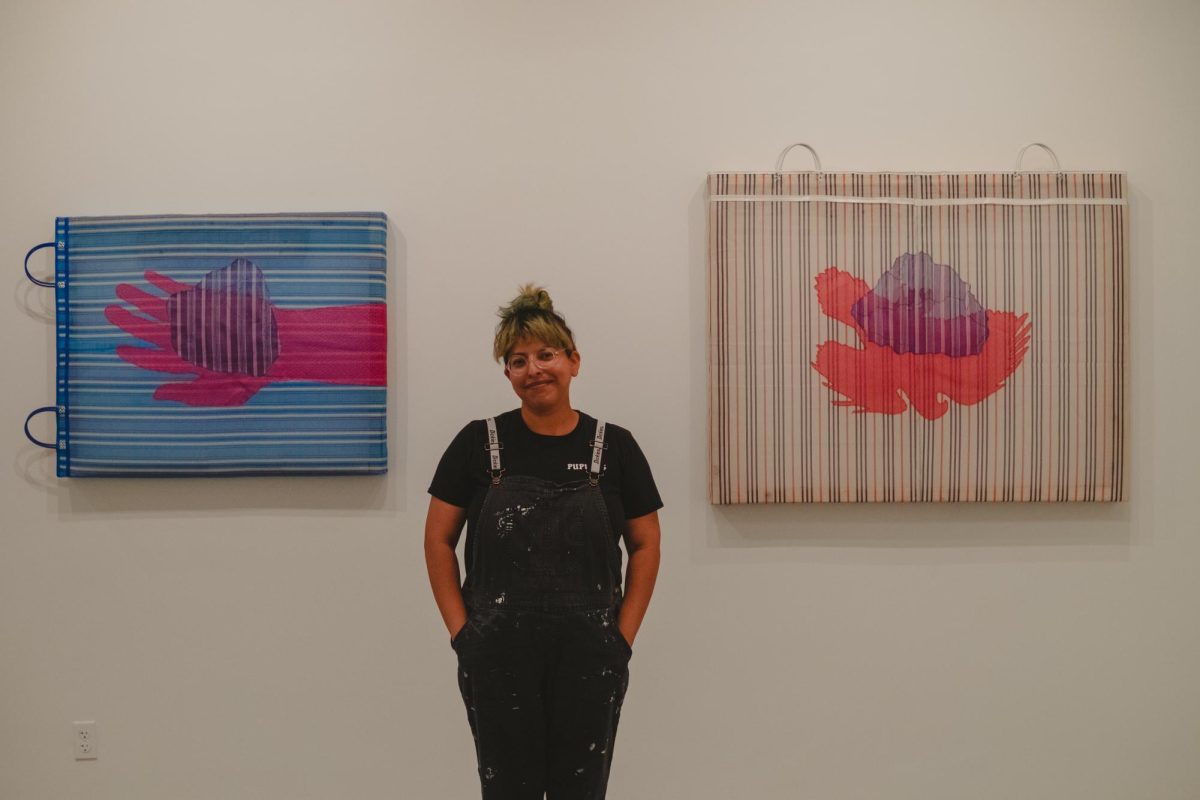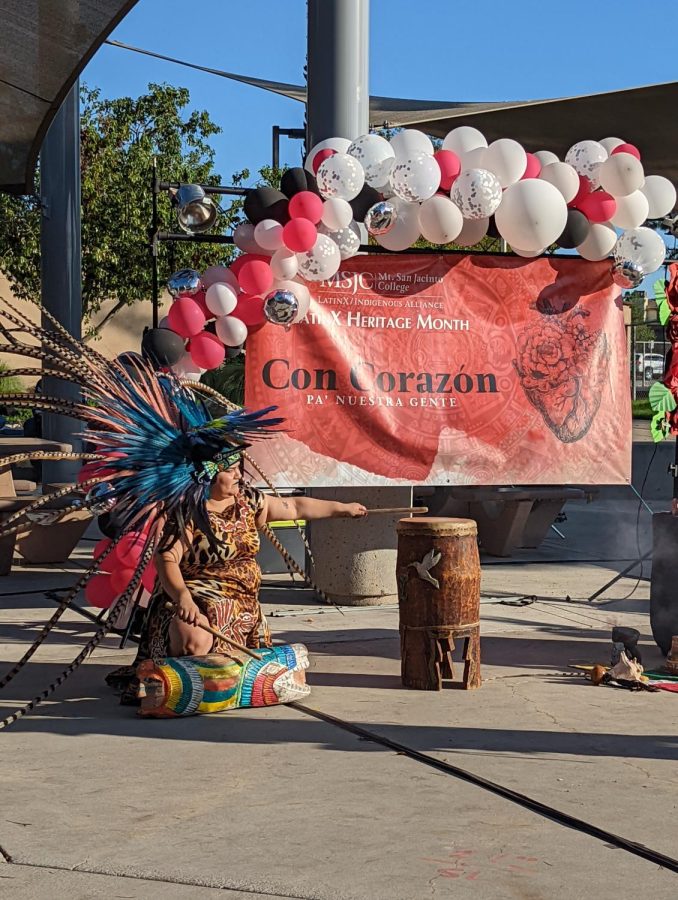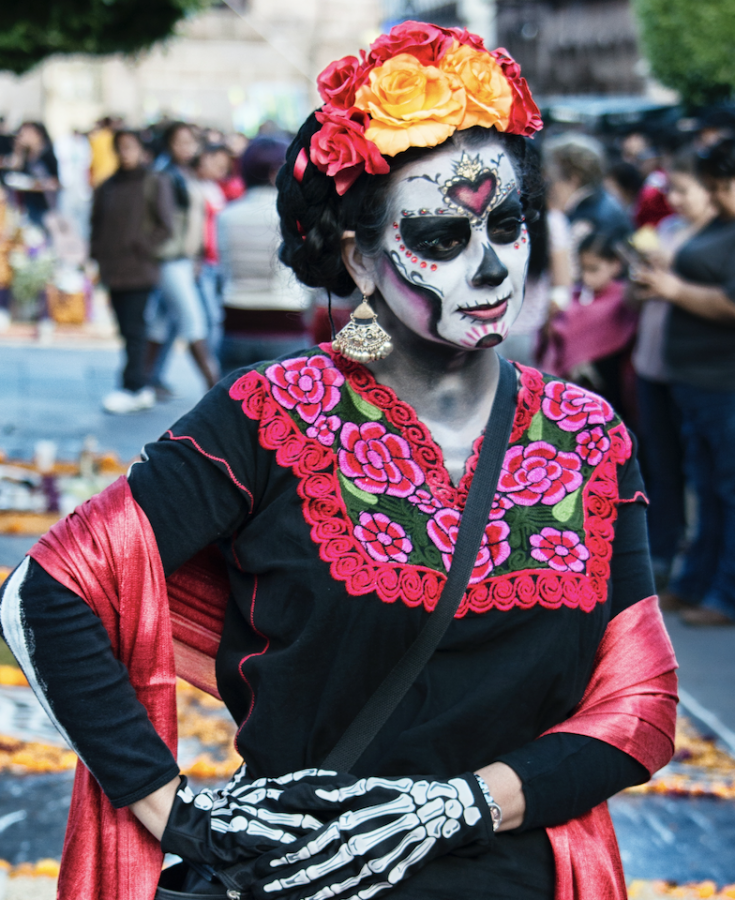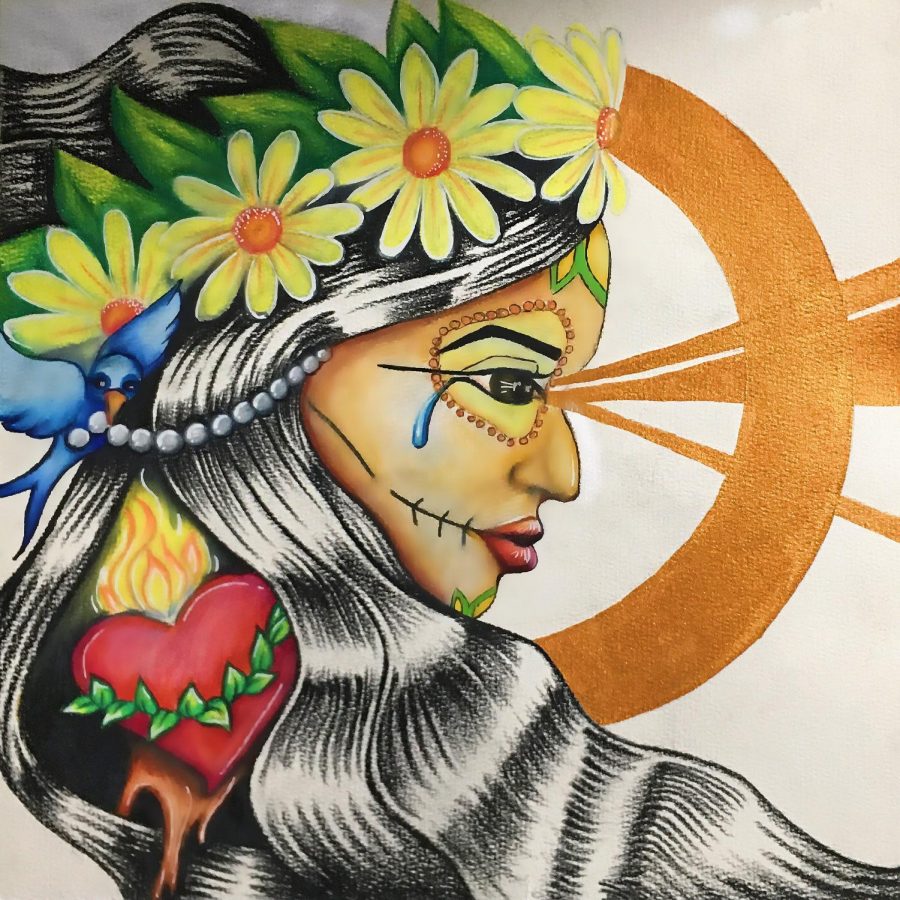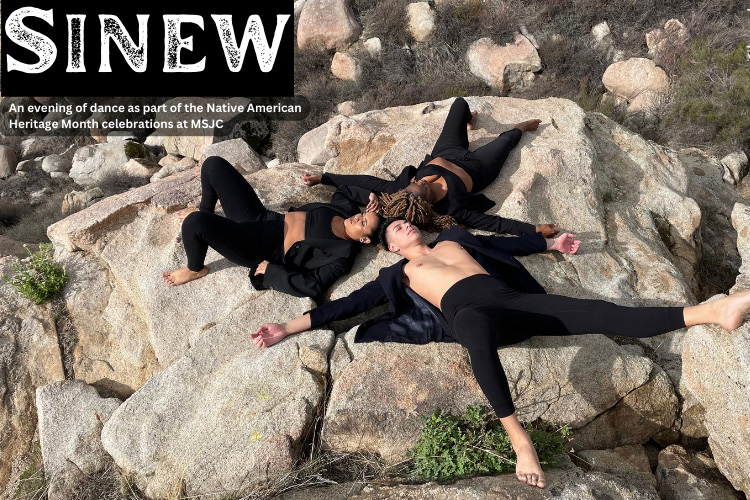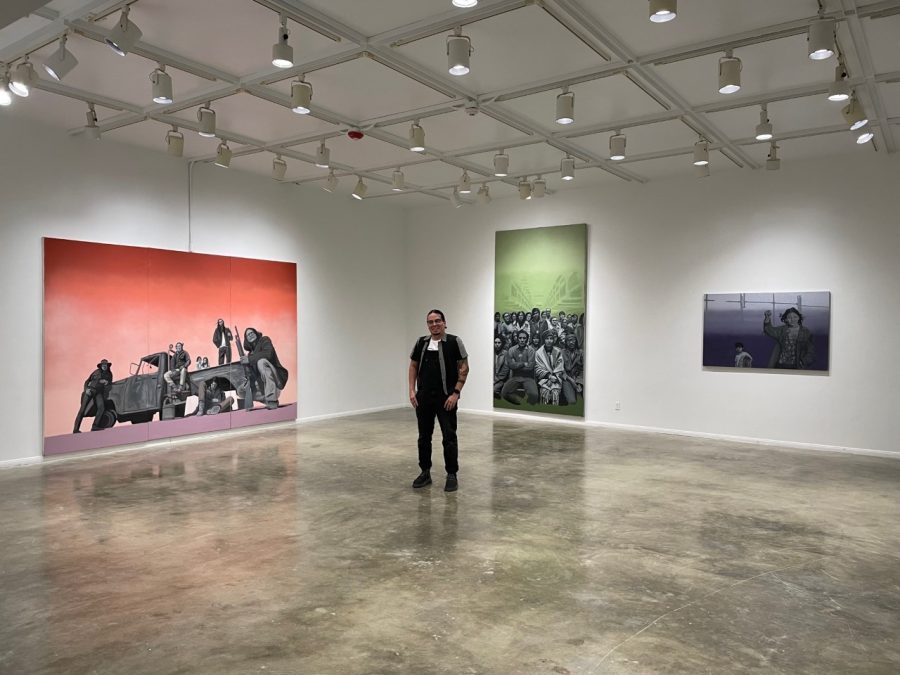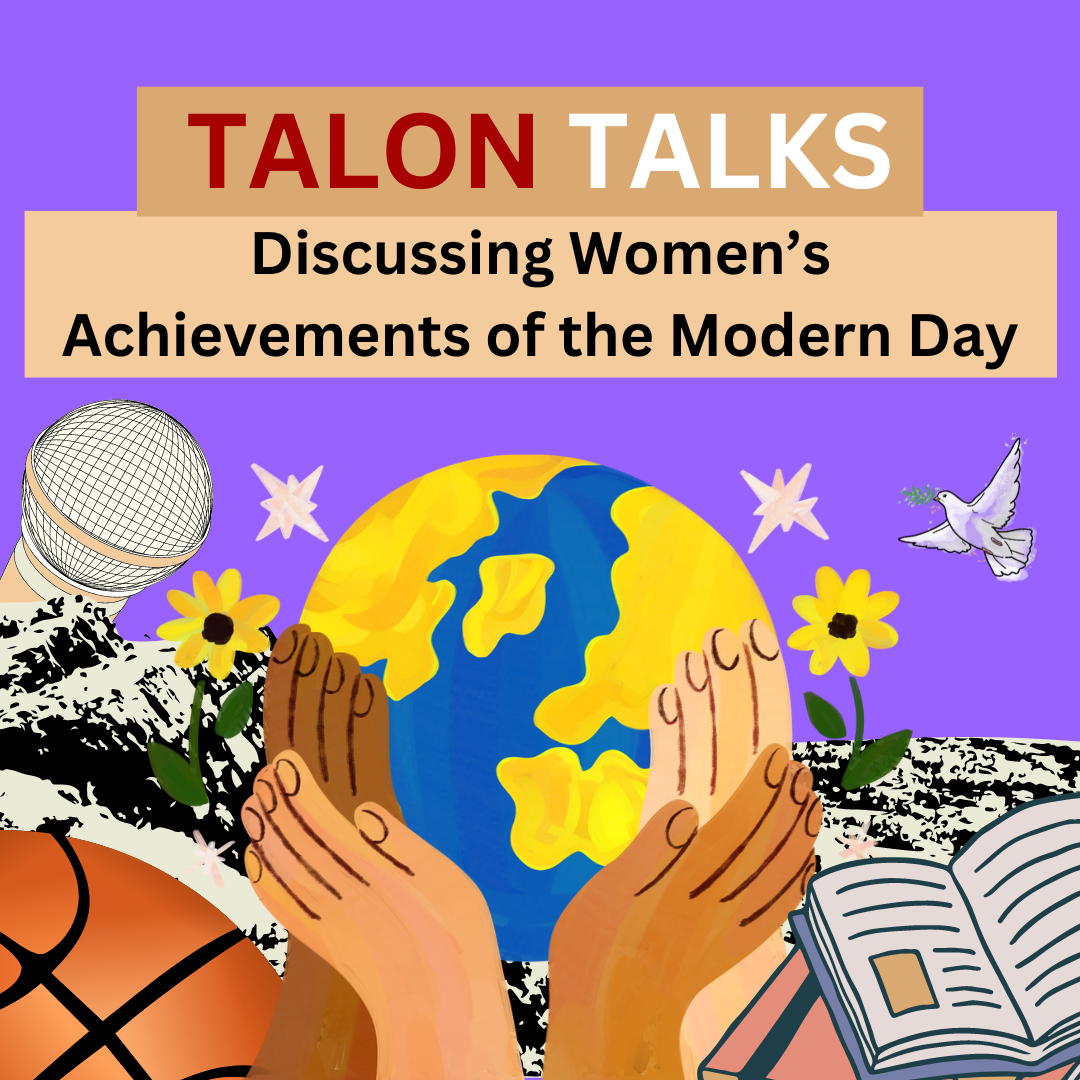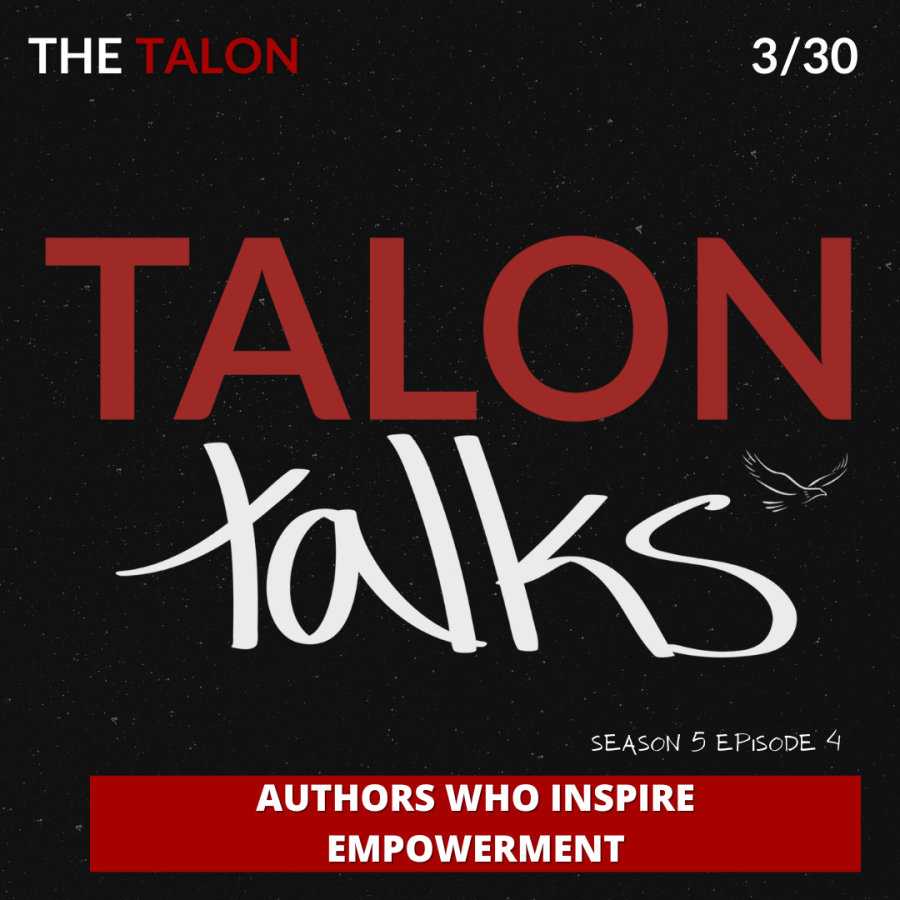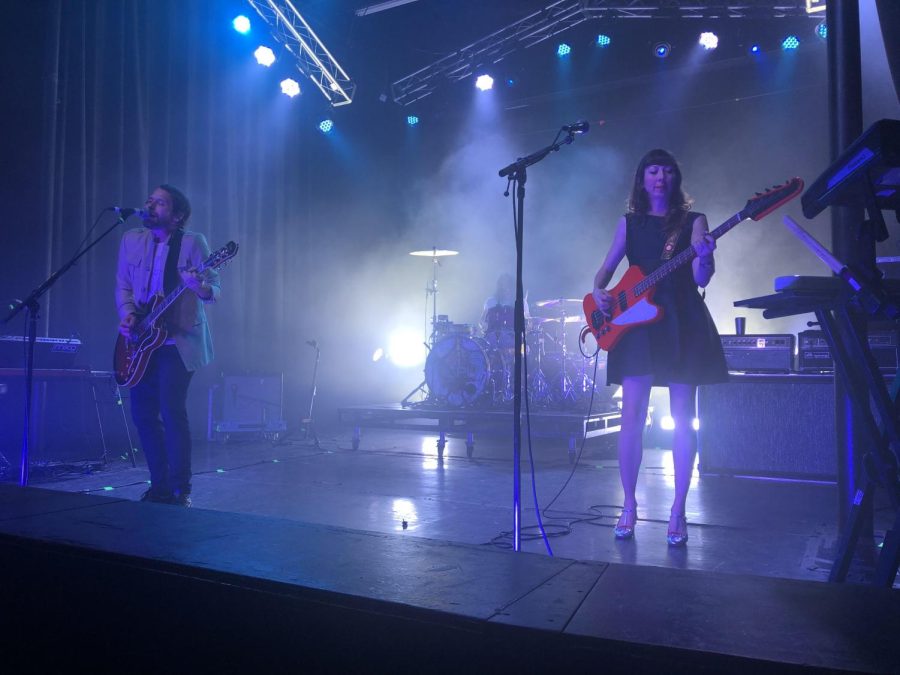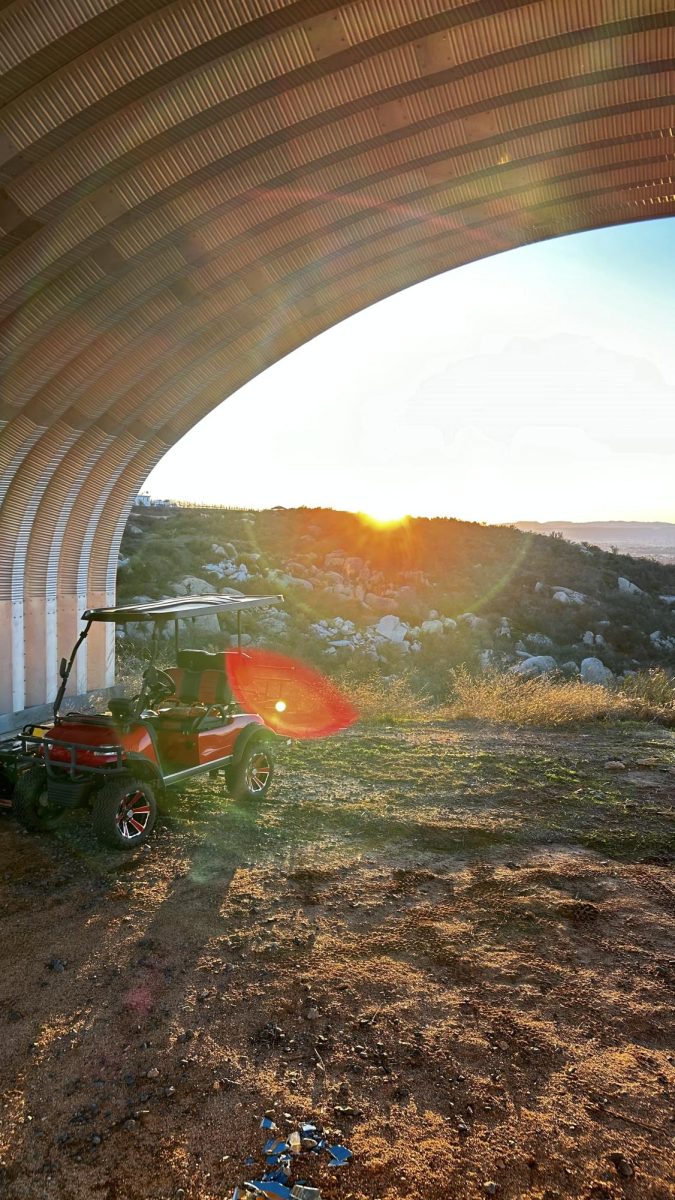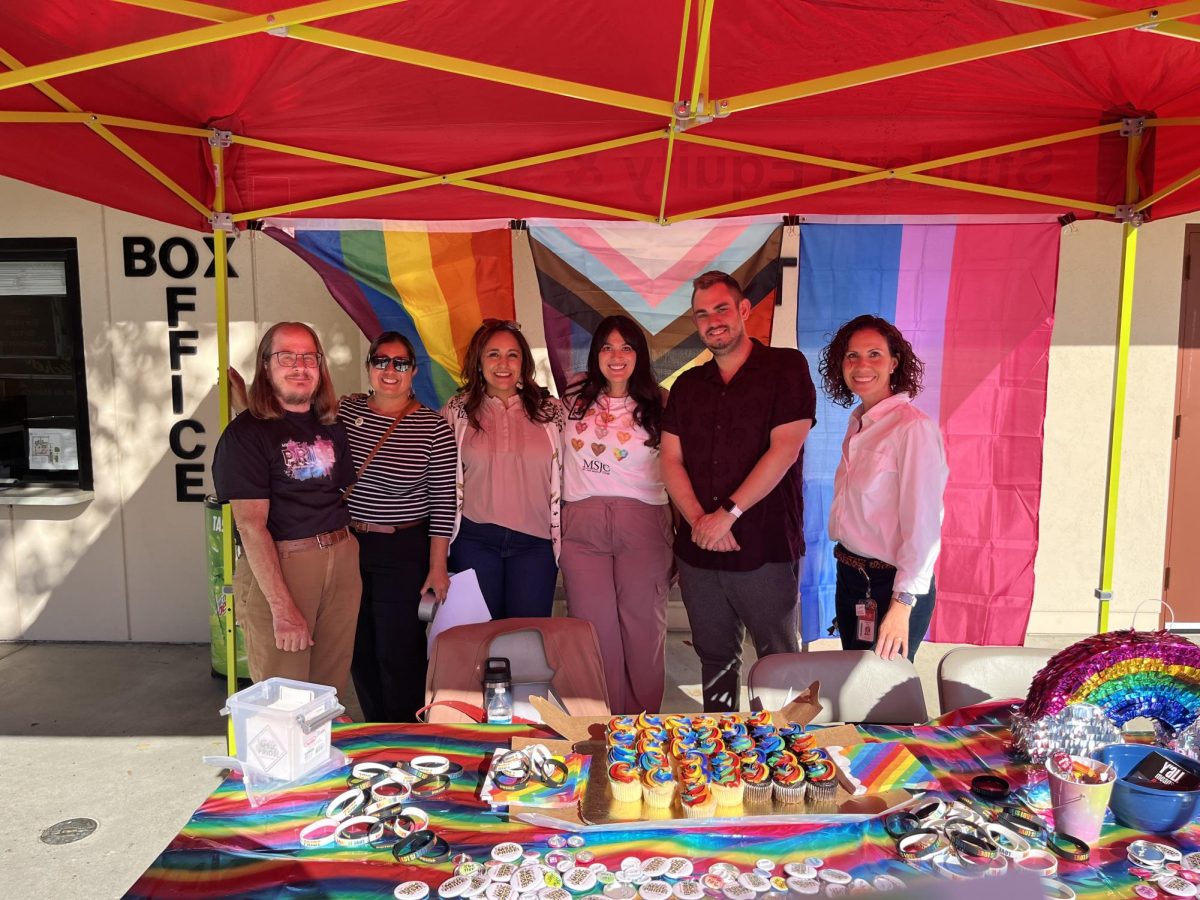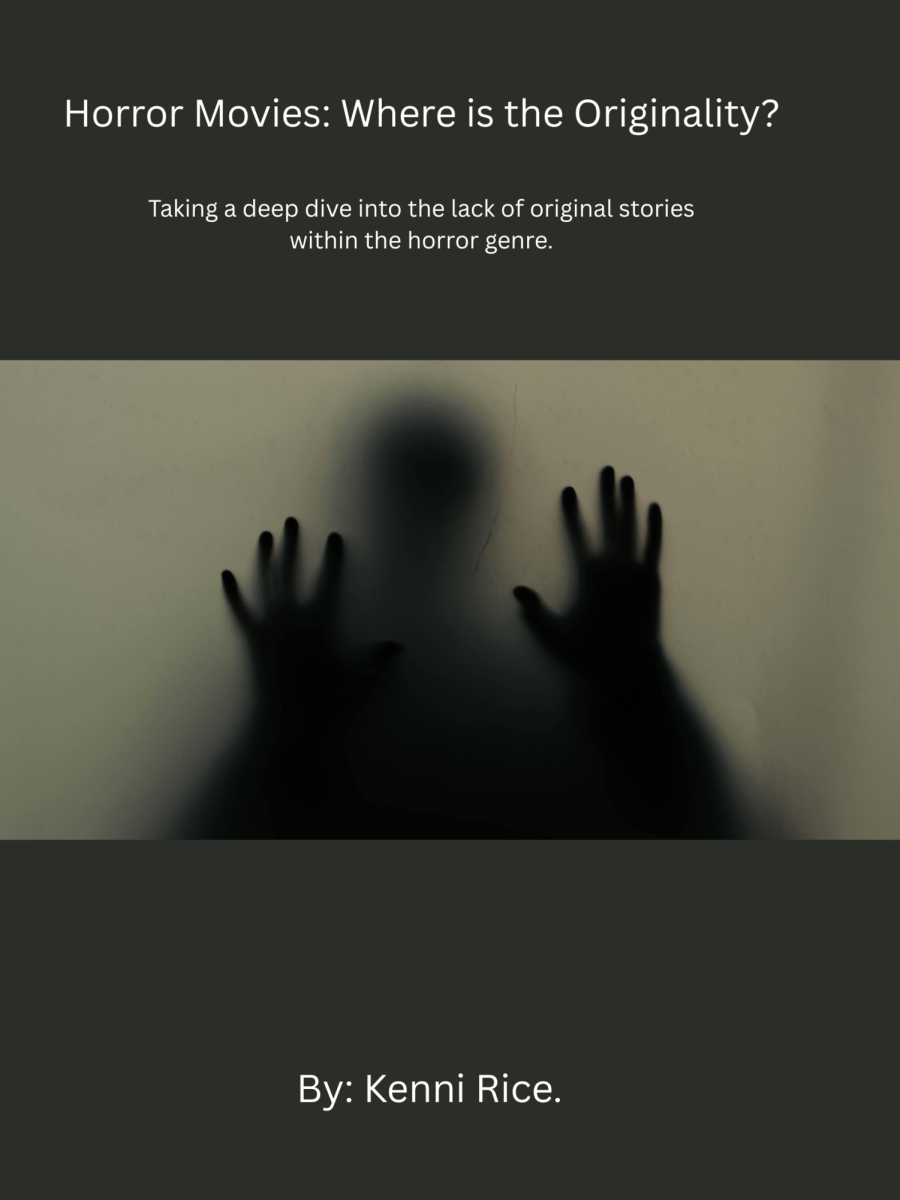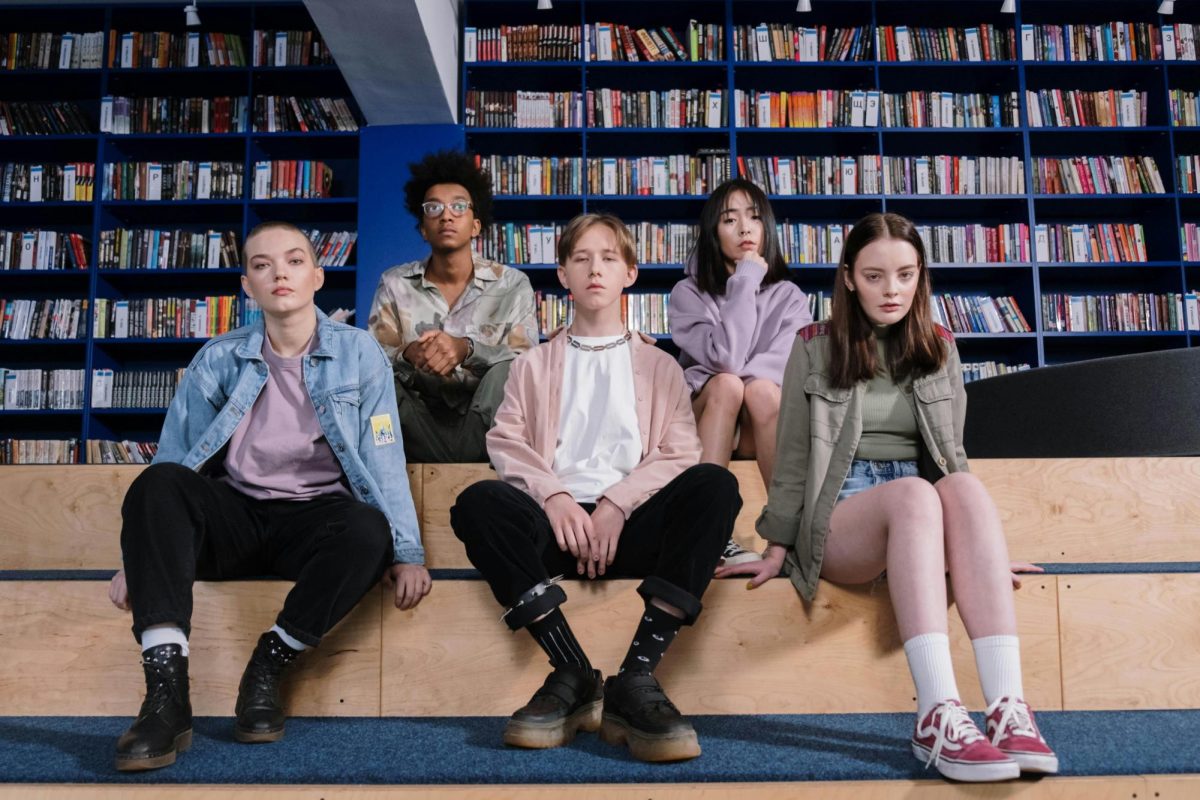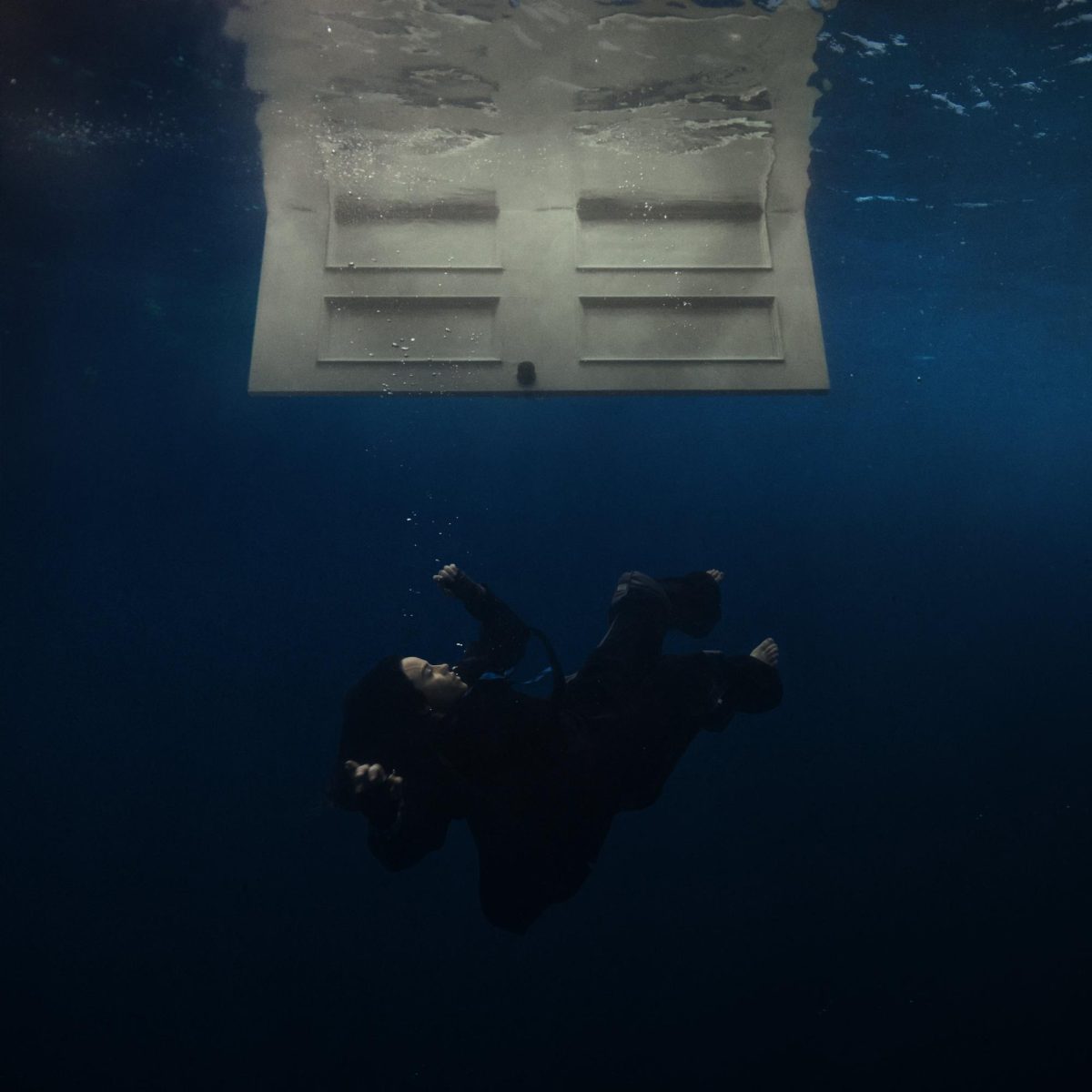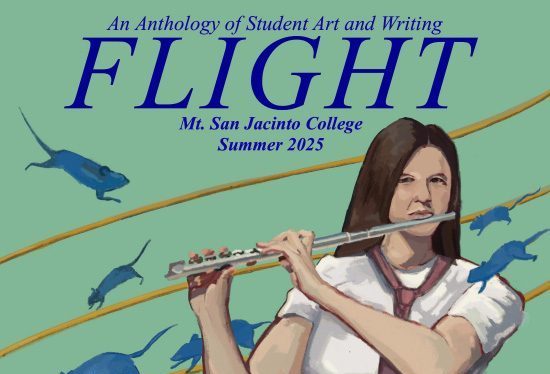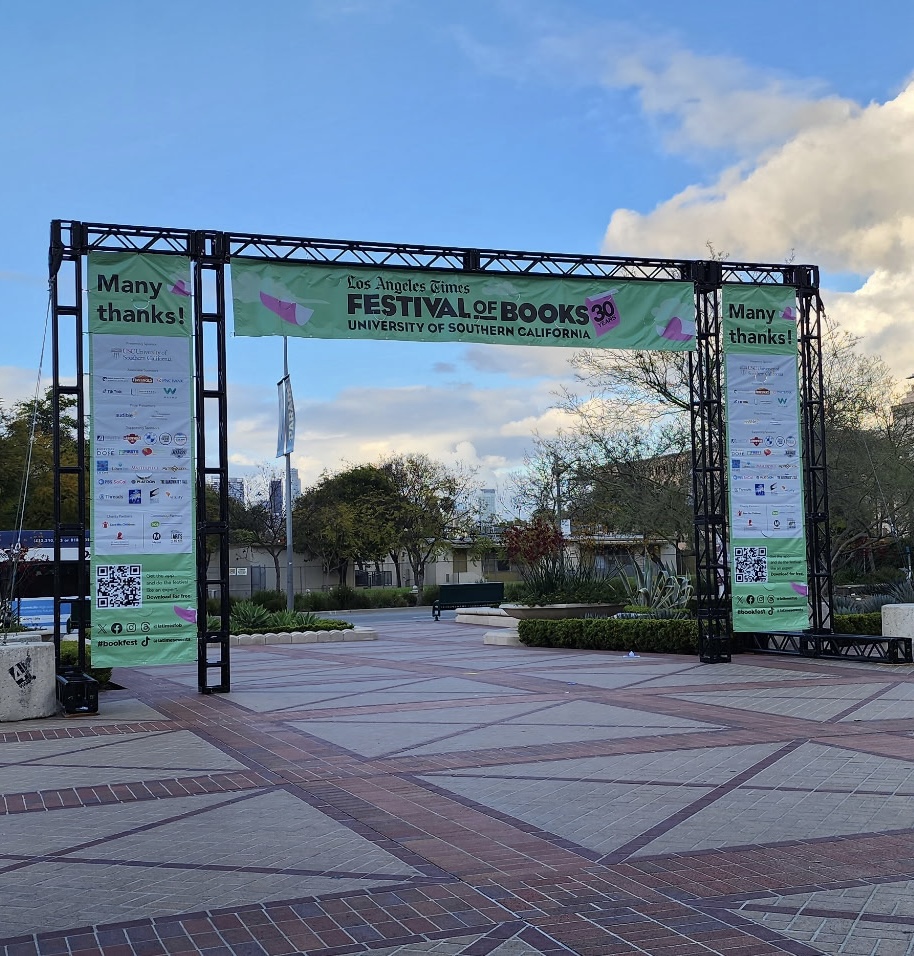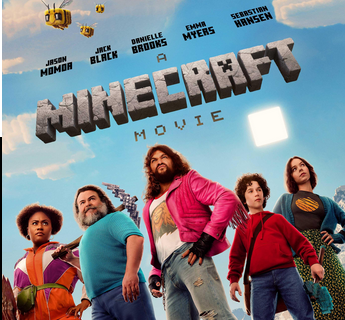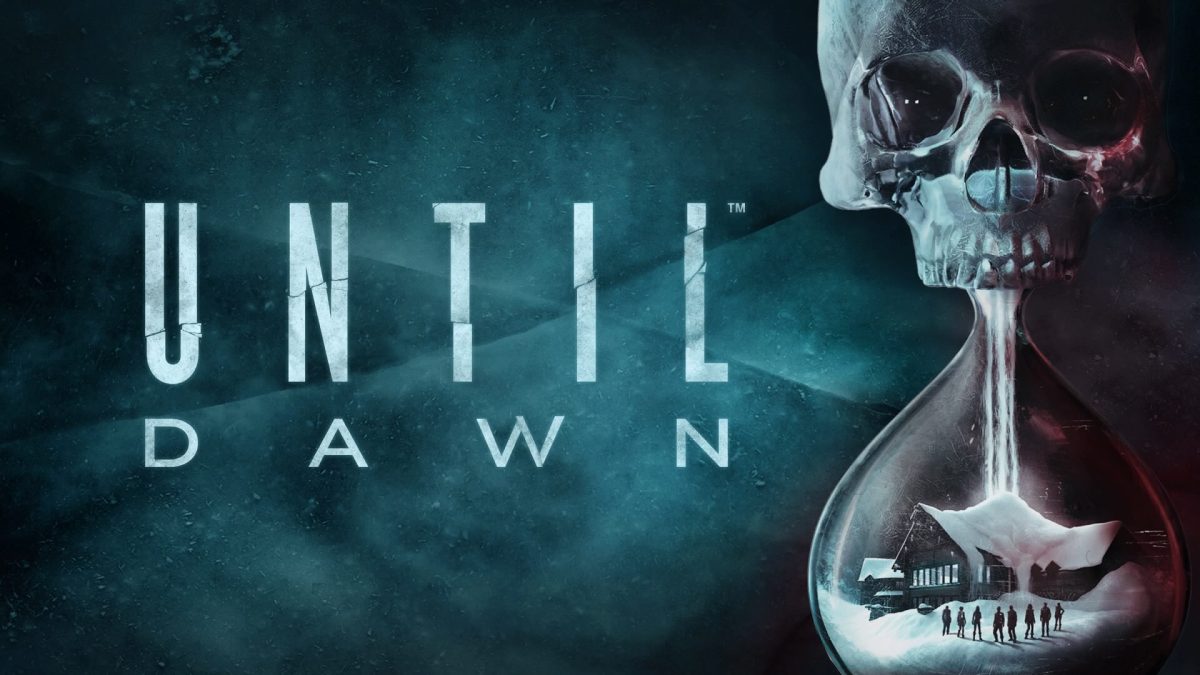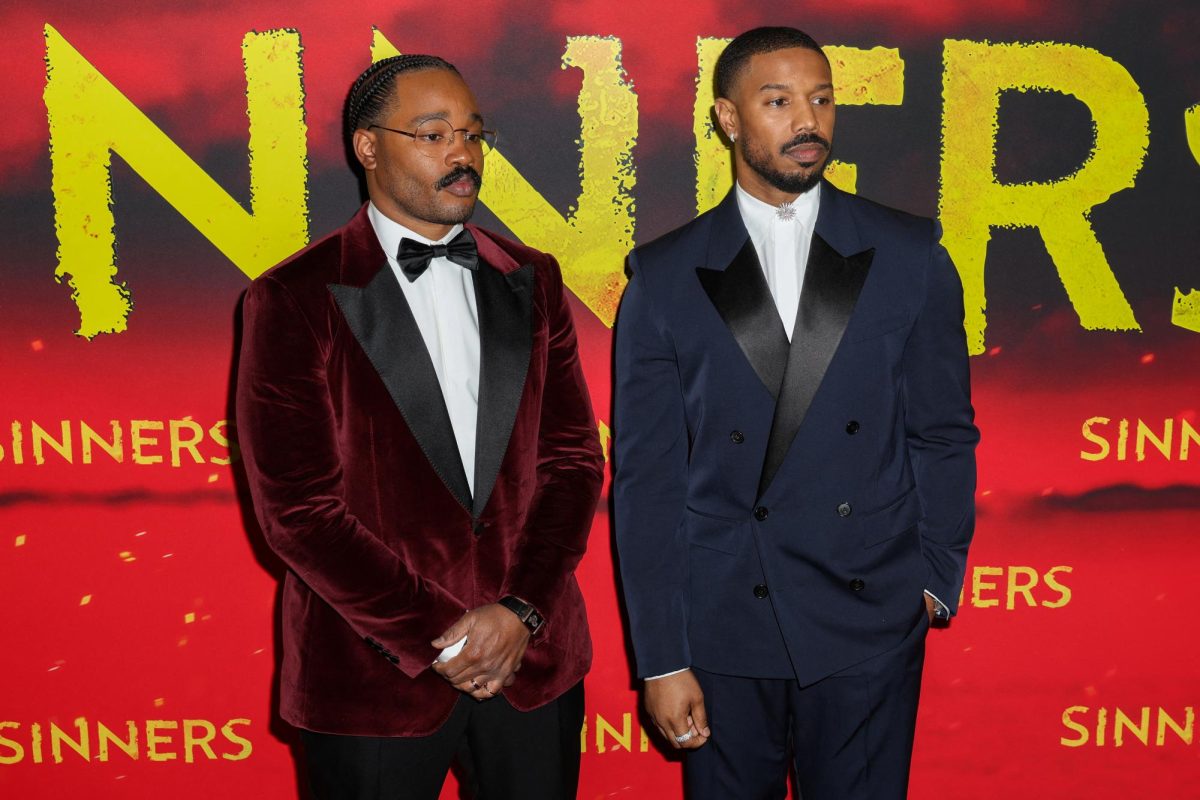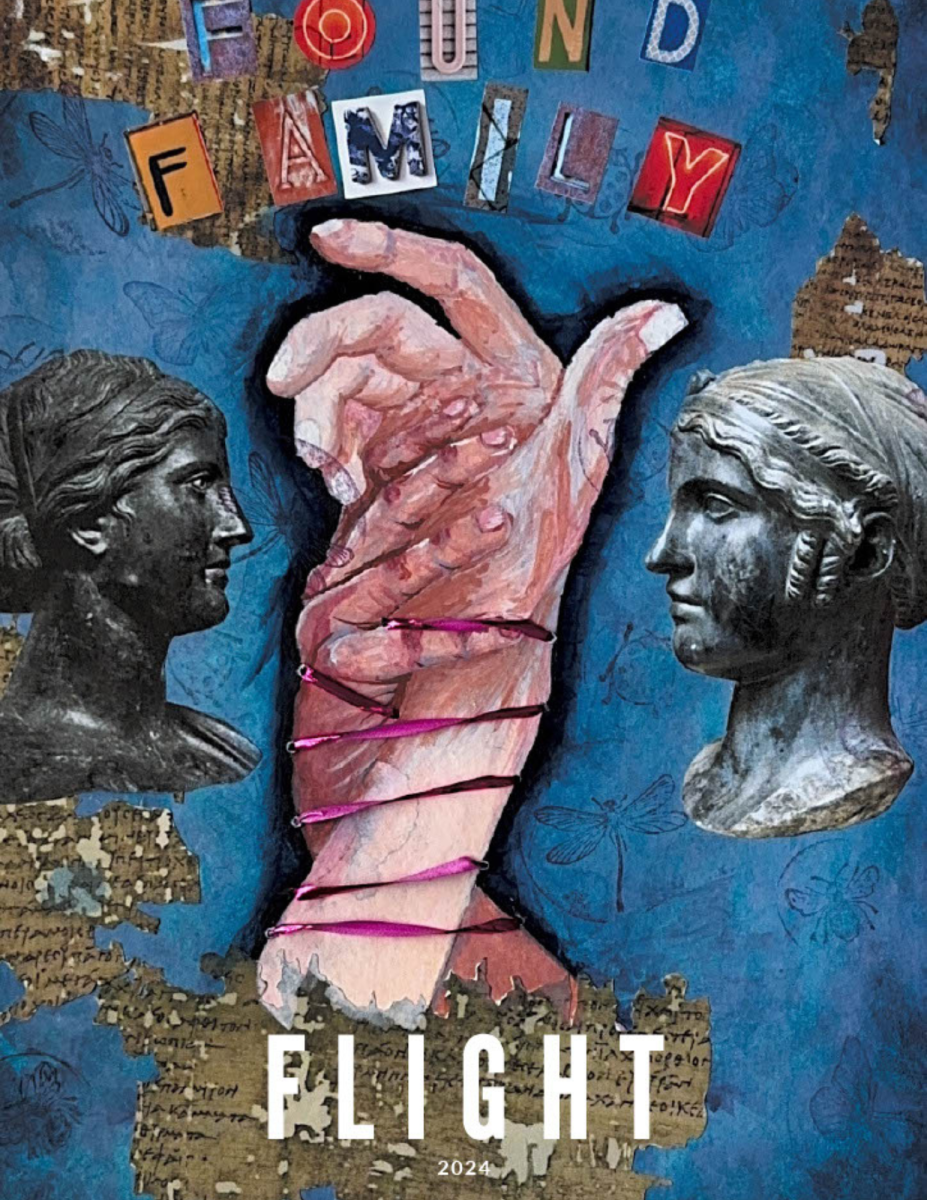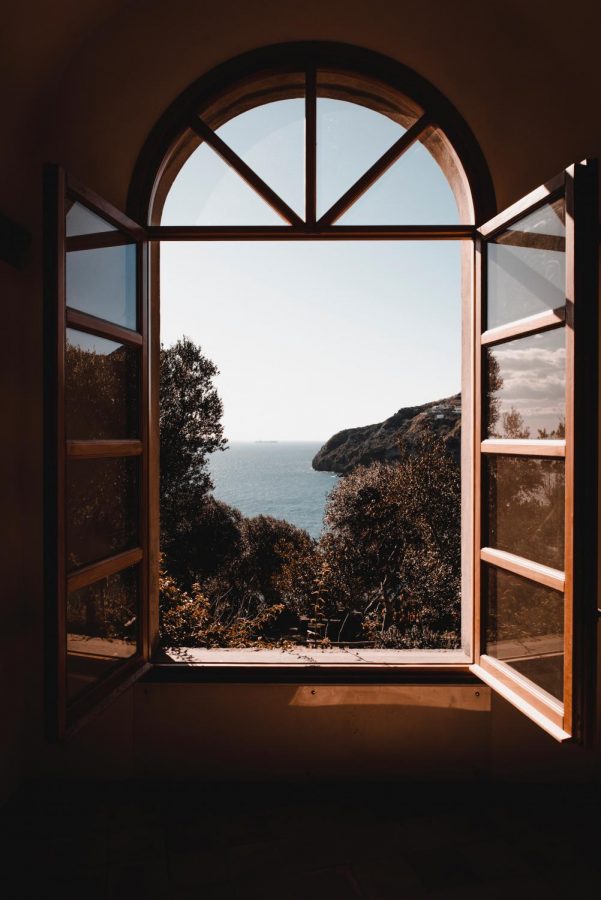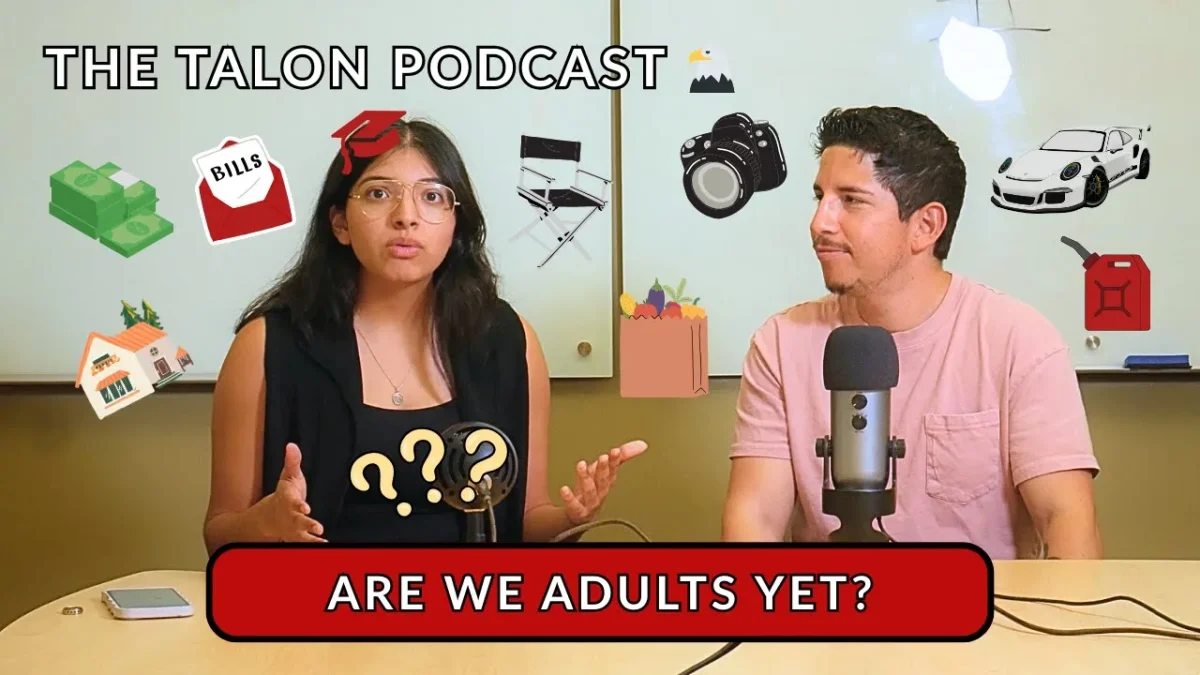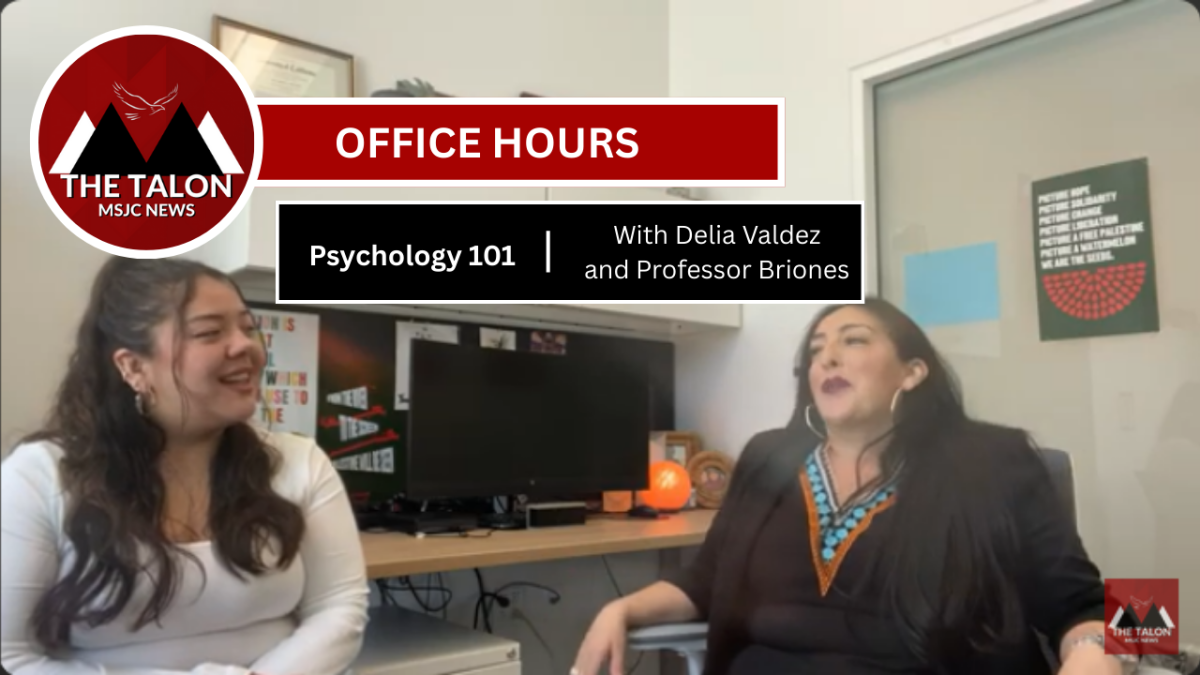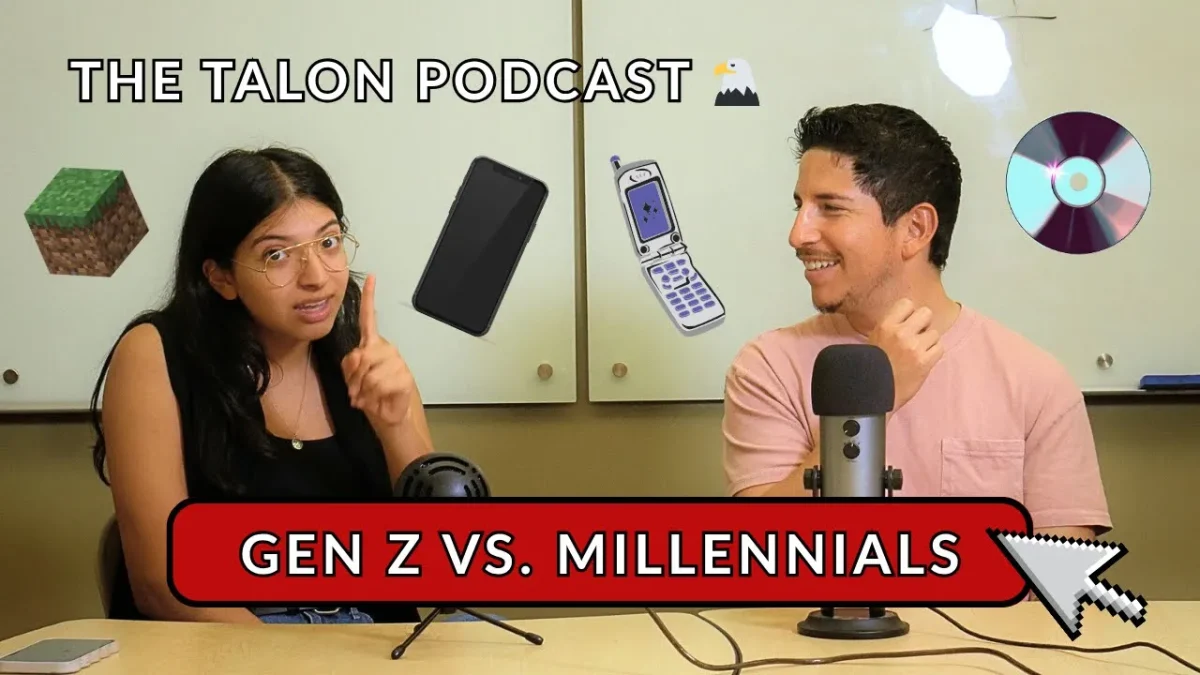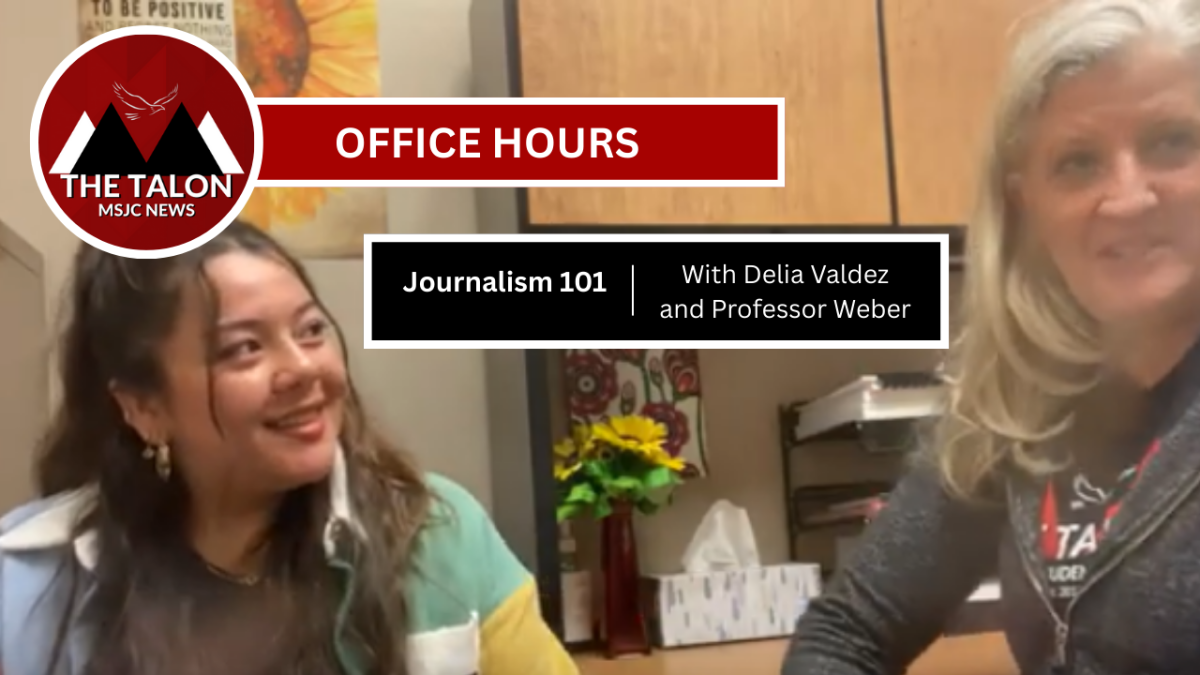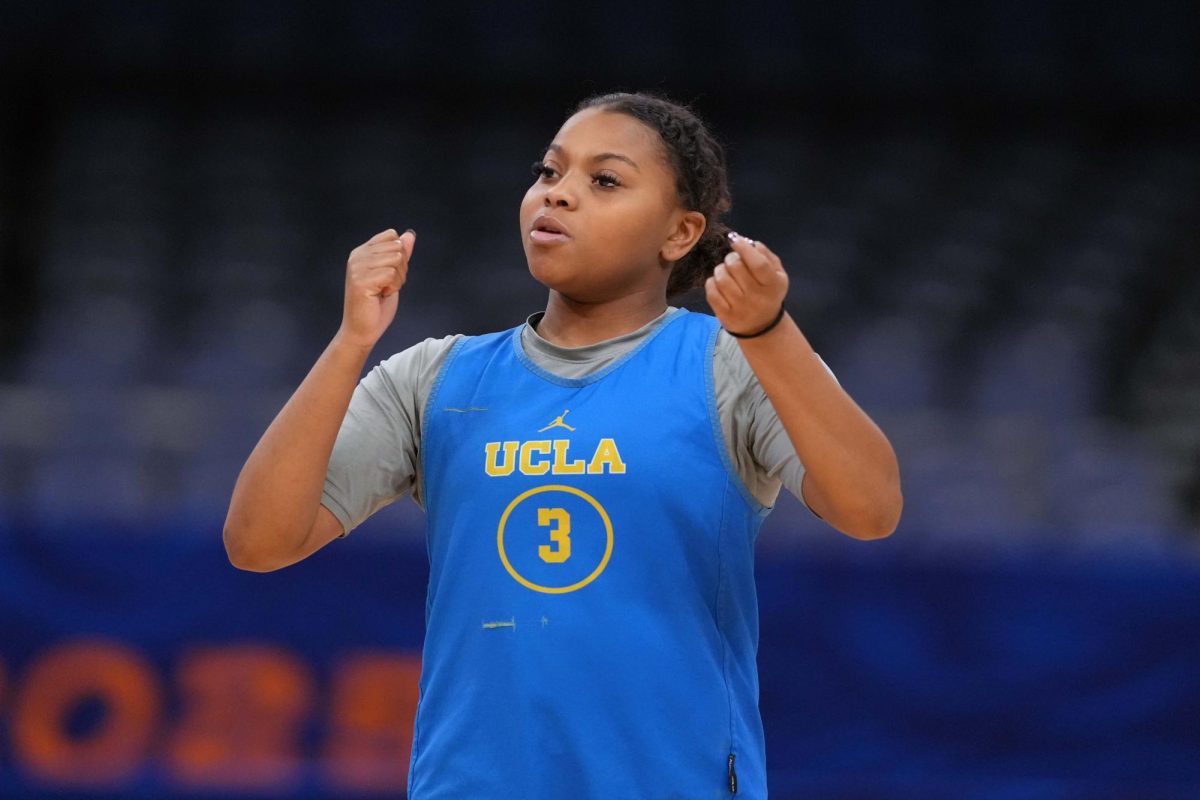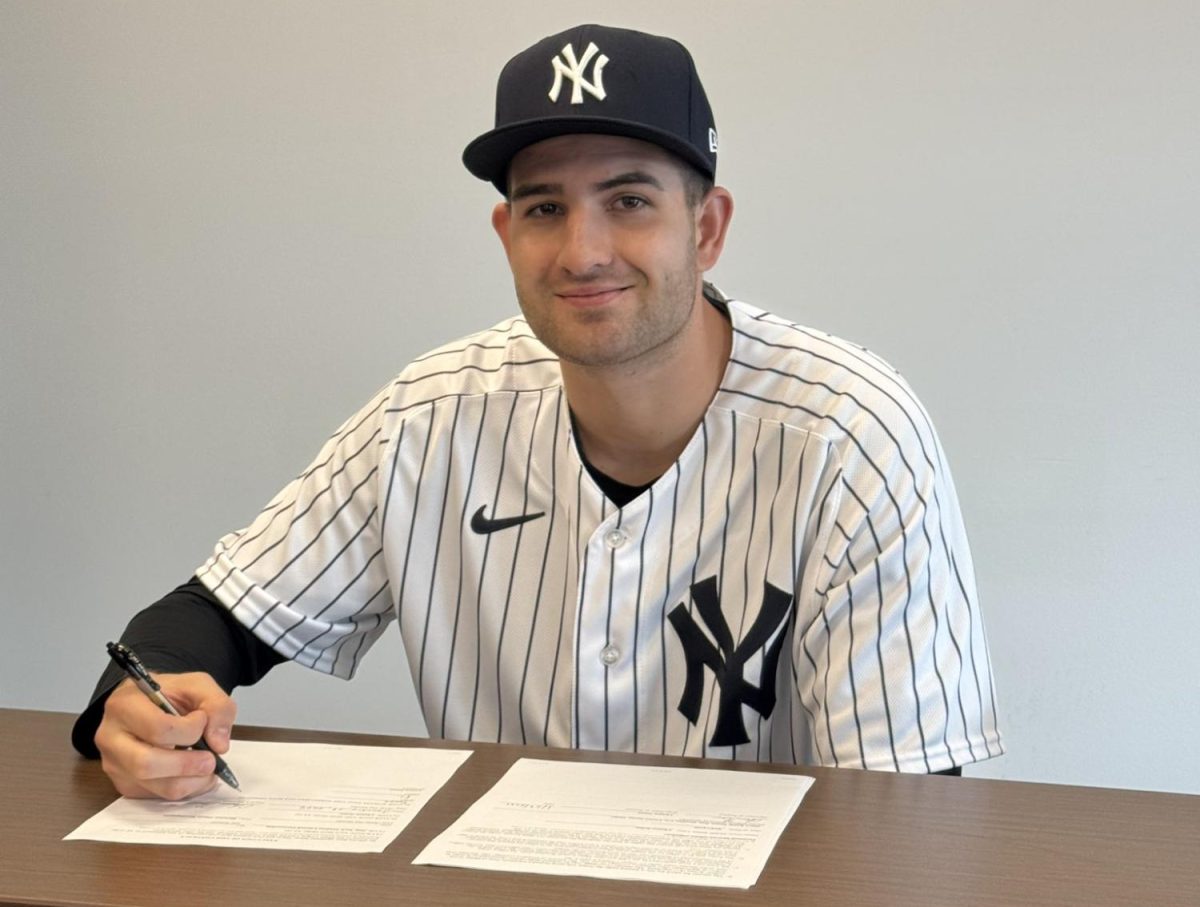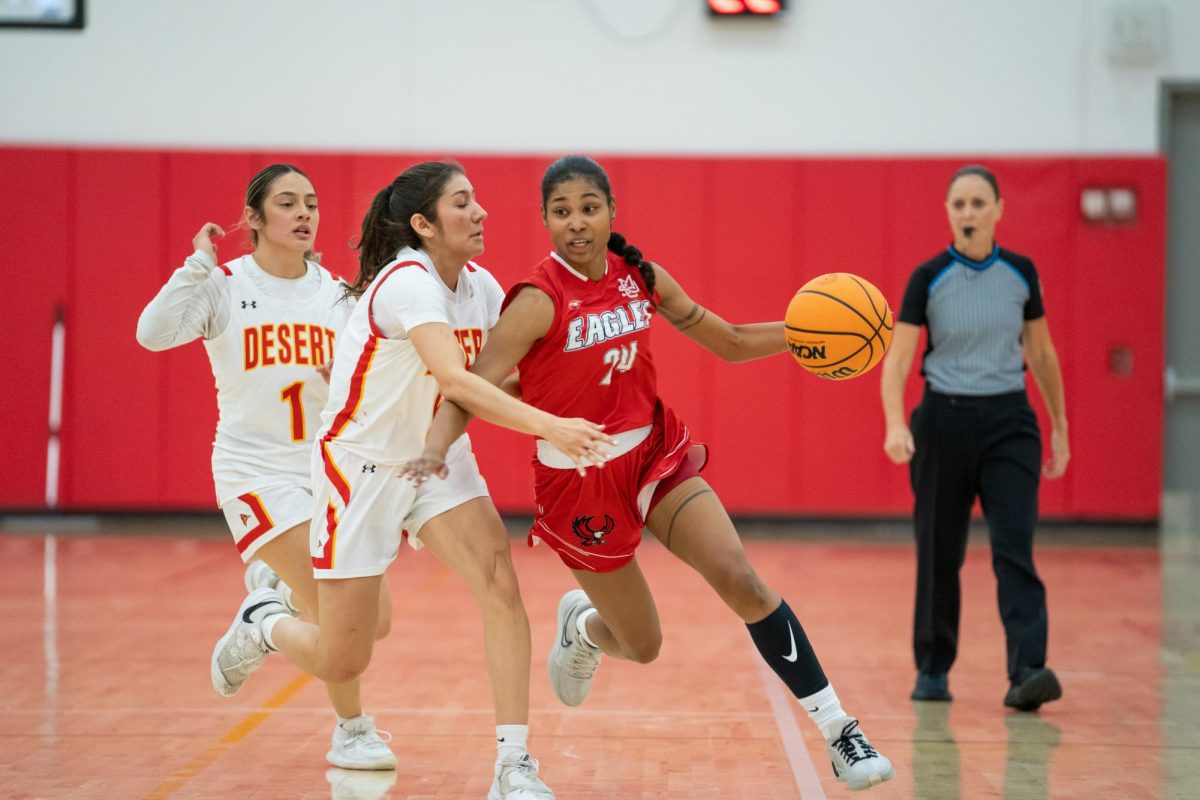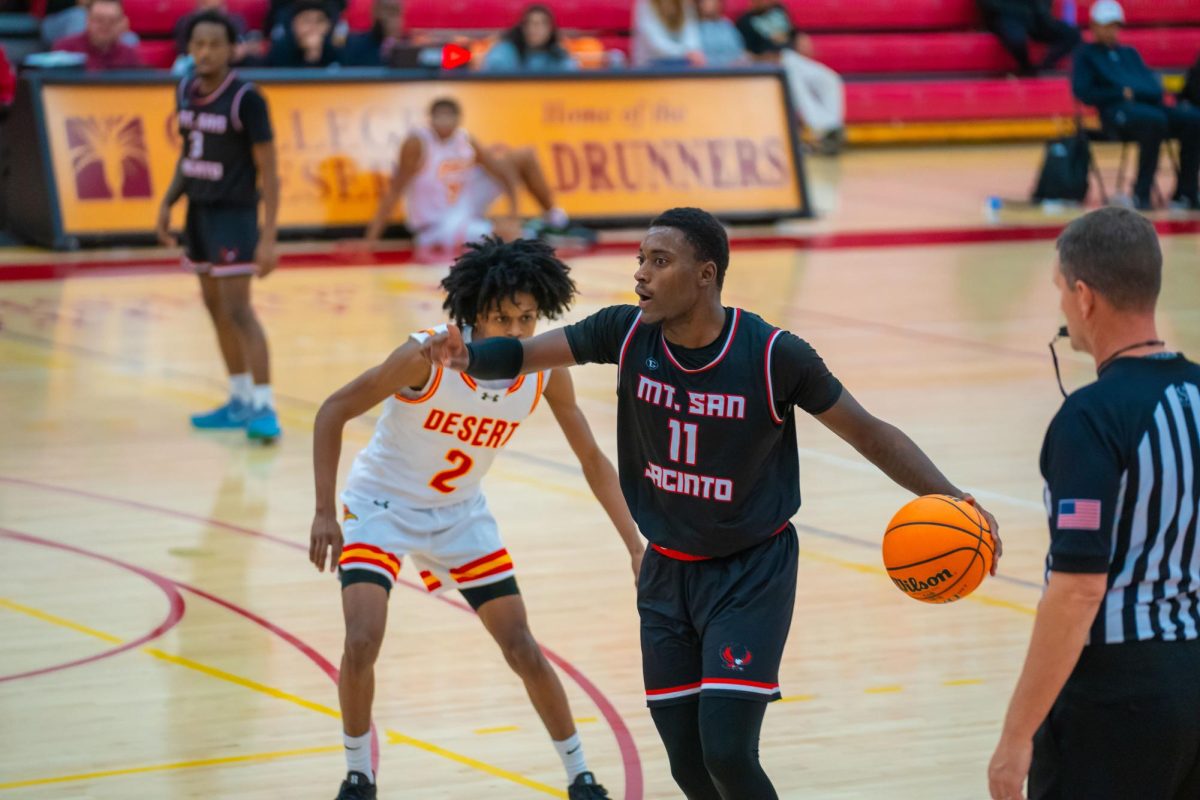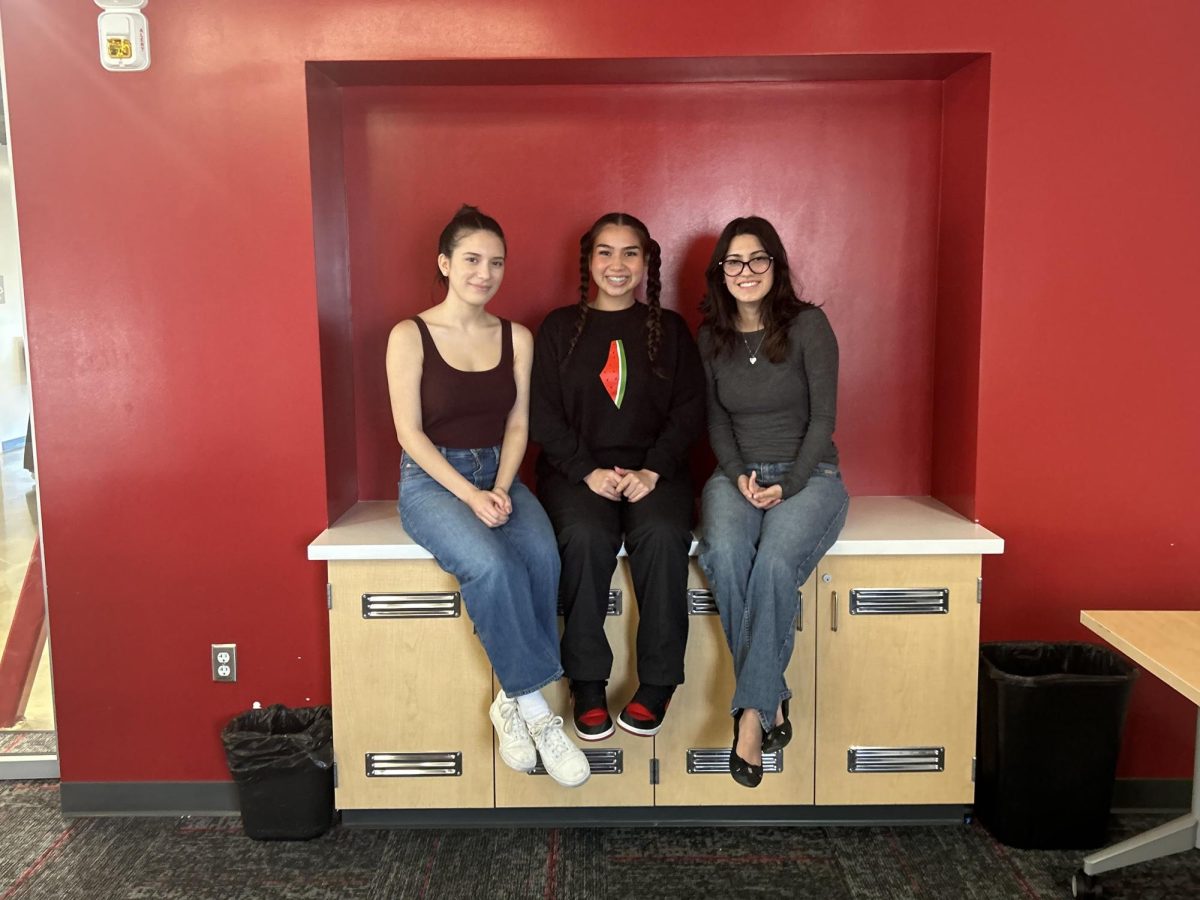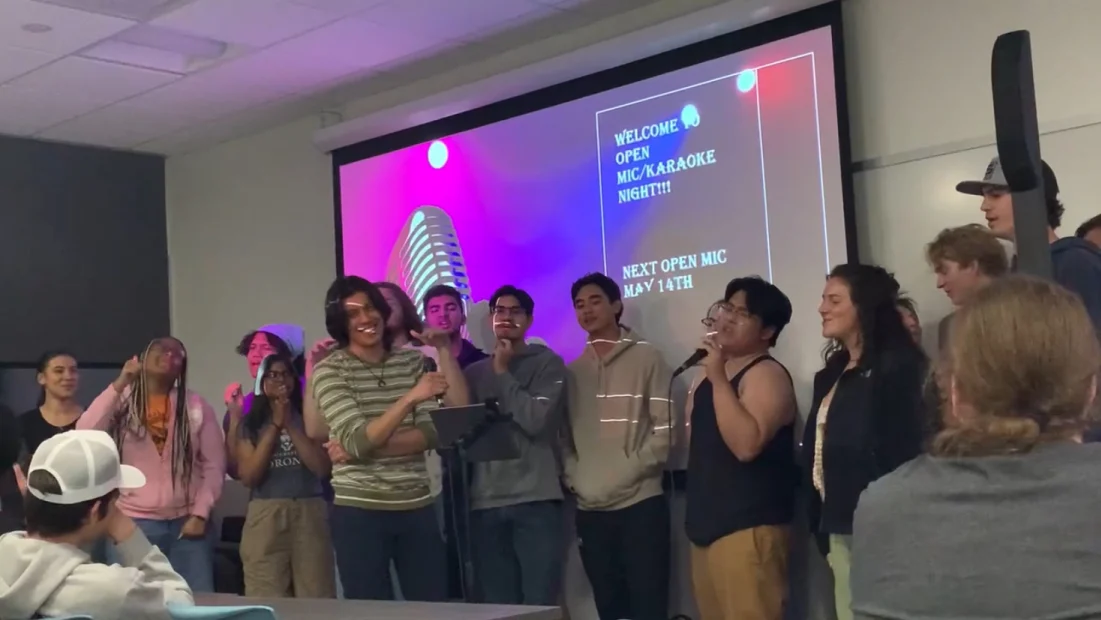What is mental health? Is it self-care? Is it maintaining a healthy well-being? Or is it simply an explanation for dealing with mental issues? With their revival of the Active Minds Club, co-presidents Gabe Lozano, Tony Latora, and ICC Representative Isabella Munoz came together to help explain what mental health is.
On September 6th at 11 am, Active Minds Club had their first official introductory meeting. Upon entering the room, Lozano and Latora immediately greeted me as they prepared for their presentation. Dealing with technical difficulties, advisor Arafiena Bhuiyan came to the rescue, and like magic, the board turned on. The wonderfully created PowerPoint by the Active Minds team, Munoz, Latora, and Lozano, was presented to us. It read, “What is Mental Health?” ICC Representative Isabella Munoz entered the room, and their introductions commenced.
They begin by explaining their roles and highlighting a few reasons why this club is something they feel strongly about.
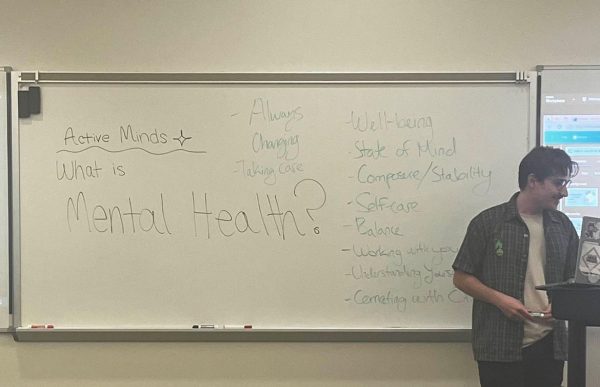
Why did you decide to revive the club?
Latora expressed his personal bouts with mental health. He felt that playing an active role through advocacy is a great tool he hoped to gain student traction. By breaking generational curses, he had to face, “Growing up, I had a pretty conservative family who didn’t talk about their feelings.” He expresses the significant impact that stigma around mental health endures and hopes to contribute to softening that hold.
In a later interview I conducted with the three of them, Latora added to this, stating his desire to get more involved within the community. Co-president Lozano remained in the club after the previous president graduated, asking him if he wanted to be VP, which he happily accepted. Latora says, “It was kind of left to Gabe and I to organize the club … and it’s been a cool experience to … reshape the club in,”… “In our own way,” Munoz adds. Their “way” is their voice and ideas on spreading awareness and providing resources that many can use to their advantage. Having been close friends with both co-presidents, Latora and Lozano asked Munoz if she wanted to help with the club, and similarly to Lozano’s response, Munoz gleefully stepped in.
Is the club personal to you in some way? If so, how?
Outside of simply wanting to be a part of the club, Lozano expressed that he dealt with mental health problems. “I am very passionate about mental health and mental health awareness. I… I’ve dealt with it quite a bit in that … realm.” He adds that with mental health being so stigmatized, familial support was not always there. So, in the spirit of being a guide that “spreads awareness of resources that weren’t necessarily available to me when I was going through certain things.” Lozano continues by stating that now, as a sort of portal for students, who can get information. He, too, can learn about information surrounding mental health he would have never known unless he actively researched it.
The core three addressed the club members after their introductions and the club’s history. They asked for their help brainstorming ideas they wanted to be incorporated into the community. Here are just a few of what was mentioned:
- Meditation
- Coloring Books
- Sketching
- Field Trips, beach clean-up, volunteer work, etc.
- Plant care
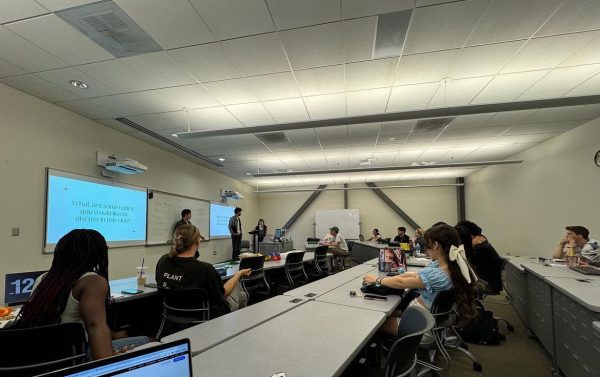
Shifting the conversation, Latora offers their first main resource, counseling. MSJC offers free counseling for students. He listed other health benefits, like massage chairs, disease testing, and more. Upon hearing this, many members appeared shocked; fortunately, most were out of eagerness, a testimony to just how important their roles are within the club.
How does creating this club support the community?
ICC Rep. Isabella Munoz adds, “The people that taught us are from a whole different generation—didn’t have the same resources that we do. … So, in a way of changing that, we give this generation a whole new perspective that wasn’t already taught to them. We want to make something that’s passed down to their generation.” Munoz wants to help reinforce an open-minded community for future generations. Munoz wants to provide a place where people can feel motivated and determined to continue school and, in that way, feel supported.
Where do you want to take the club?
In preparation for the club, Lozano, Latora, and Munoz had a 5-hour session brainstorming all the various ways they want to reshape the club as uniquely their own. Despite stipulations keeping them from conducting their brilliant plans, the three have orchestrated weekly topics to focus on.
During their Friday meeting, the club members brainstormed matters they would love to learn more about, such as addiction, healthy coping mechanisms, social support groups, and crafts when dealing with difficult topics. Munoz emphasizes that this will be a huge part of the meetings because she wants it to be an engaging and comforting experience for everyone.
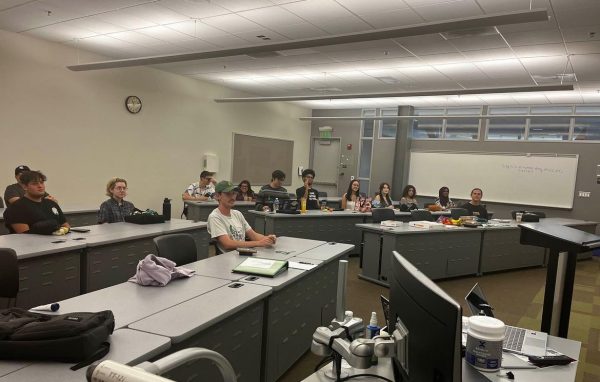
Munoz’s passionate voice and deep desire to reach a diverse group of people is fervently cemented in every idea she presents. Mile runs/Marathons, workshops, etc., should be a space to practice self-care and a place to advocate and fundraise for the club to reach more people.
The core three aspire to be a ‘small club,’ reaching only individuals who voluntarily joined/were marketed to, but also a key access point for the whole school. Their drive to help people in all these creative ways highlights how enthusiastic they feel about the club’s mission: a community that uplifts its students in various ways.
What are ways you practice self-care?
Munoz, as an artistic person, engages in numerous self-care activities. Her main pride and joy is painting. She states, “I love, love, love painting. I love drawing. I love everything—I love going to museums. Just interpreting art in everything. I find it’s a way of expressing yourself.” In addition she used to take care of plants, a number of them! Munoz adds, “It was during a really tough time in my life, where I was just getting out of a really severe depression. And… as I was healing, I took care of plants, and as I helped them grow, I grew…” Later, she expressed how she would love to incorporate this as a workshop for the club soon.
Latora’s self-care practices are through his instrument, the guitar. In addition to nature walks (despite not being near very many scenic ones), he expresses that even beach walks are his way of decompressing. Co-President Gabe, similarly to ICC Rep. Munoz, depicts his experience through plants as an outlet for his creative side. Jokingly adding that his plants are still alive after hearing about Munoz’s’ plants. He shared that at other times, he (Lozano) also composed music! “I do it mostly … something to show for … a lot of my self-care activities.” He also added that writing stories is another source he utilizes to de-stress. “I like having to show… something to express myself with…”
Active Minds Think Alike!
This is just the beginning for the new leadership members in the Active Minds Club. They have plenty in store for the student body, and from what I’ve seen, their desire to help and support students is nothing short of amazing. In hopes of supporting their wishes, here are the many ways you can support them. Spread the word! Tell other students at MSJC how amazing this club is, from the activities to the support in community building. Everyone is welcome! Get directly involved, and join the club! Participate in their events. Listen and engage in what they have to say. In whichever way you decide to support the club, is grateful.
Join them for their next upcoming meeting on September 20 from 11 am-12 pm, at MVC room 951, visit the MSJC Club website:
Click on Active Minds, and a Zoom link will be offered. If you want to join and get immediate updates on club activities and events, here is their direct Discord link:
Meet the Team:
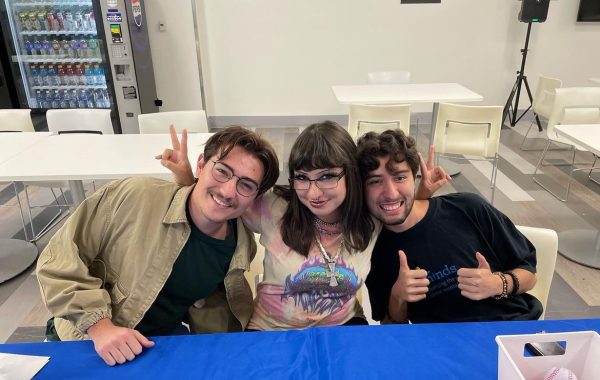
The Team’s Personal Self-Care Practices:
